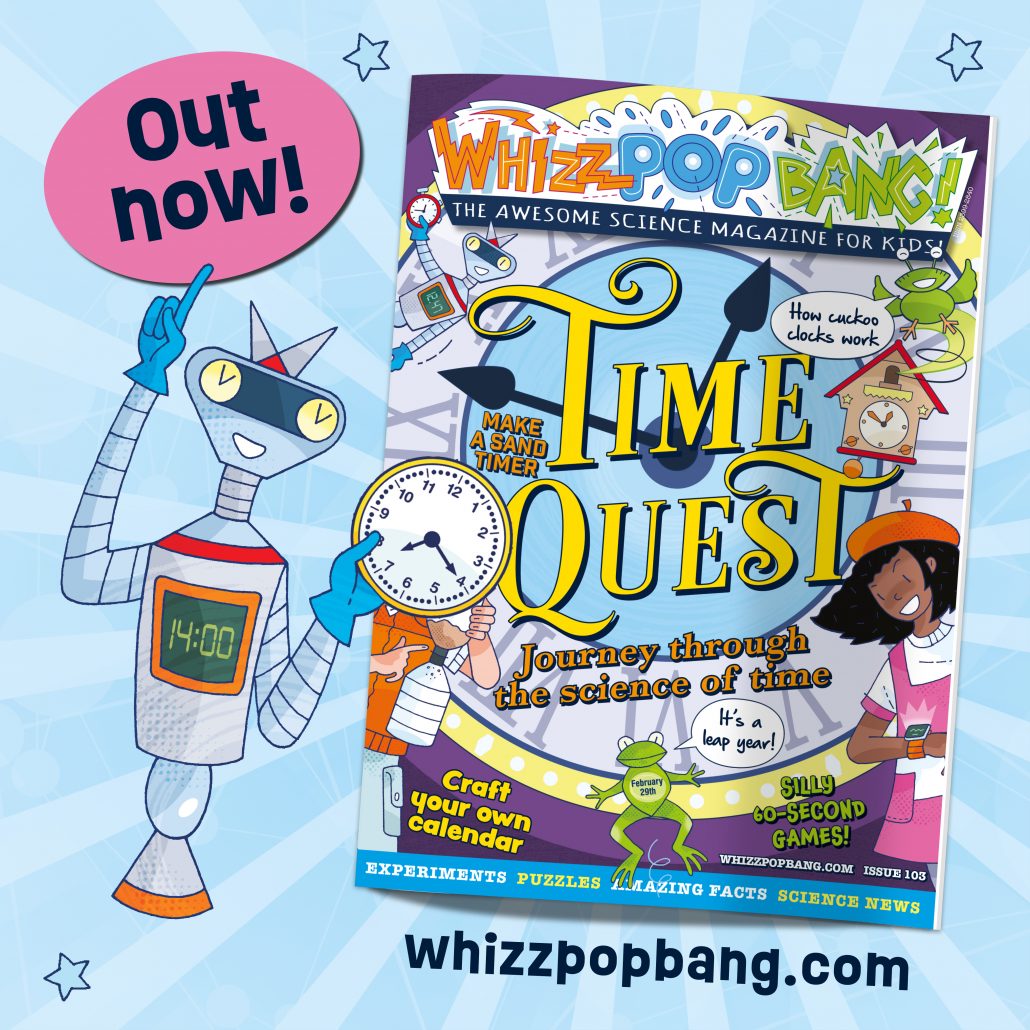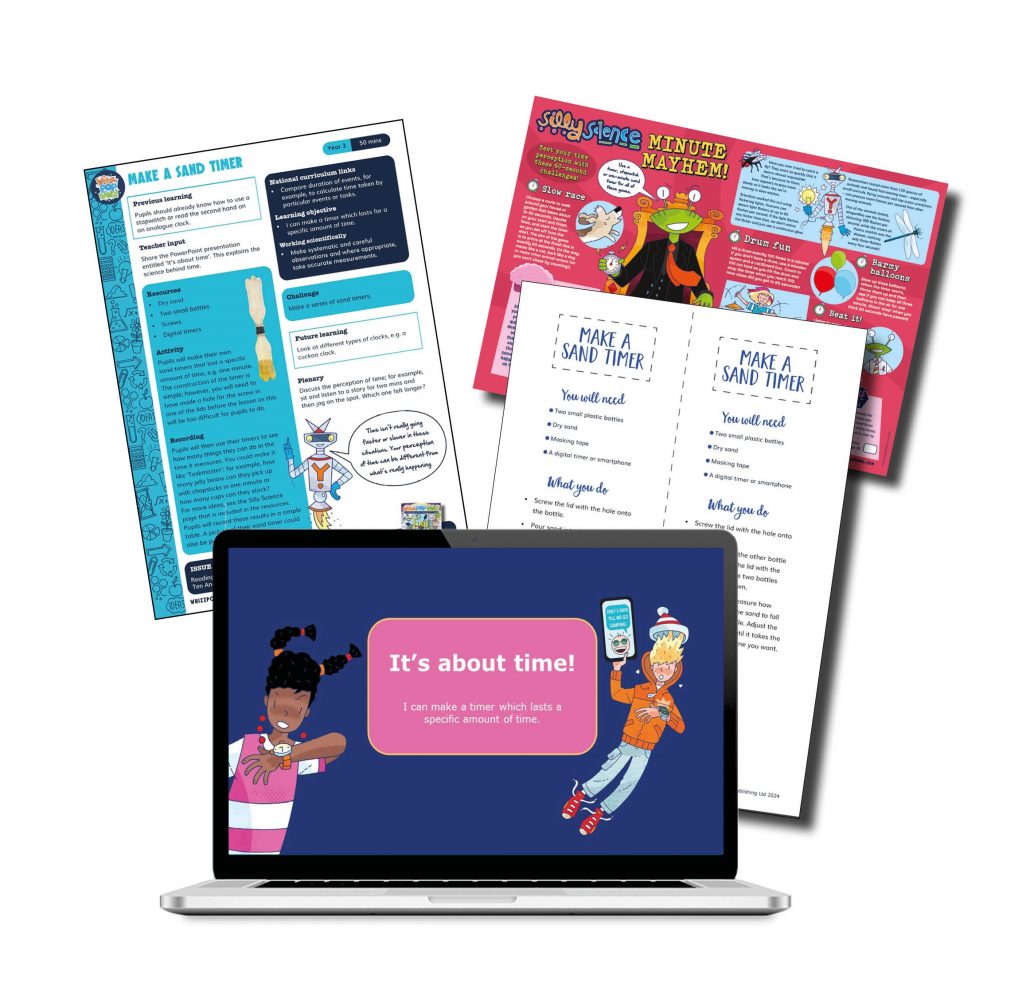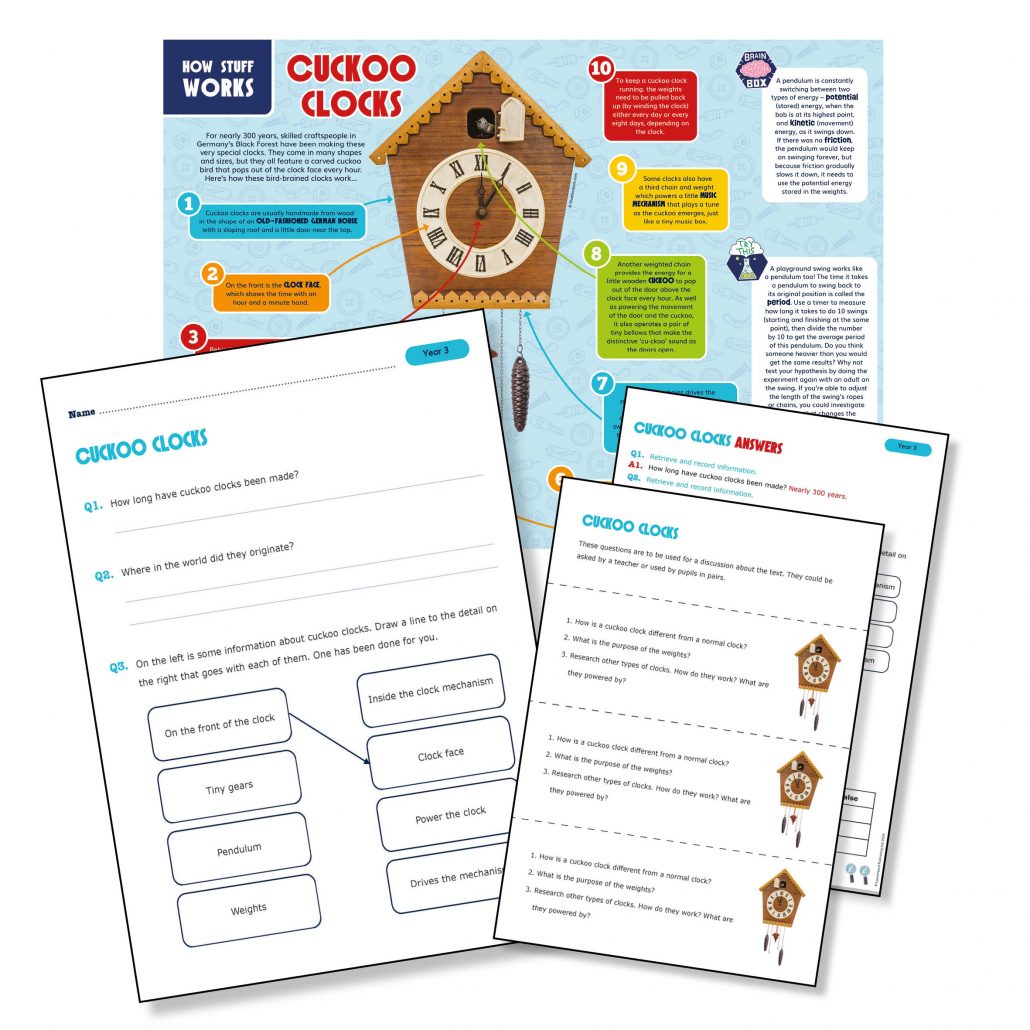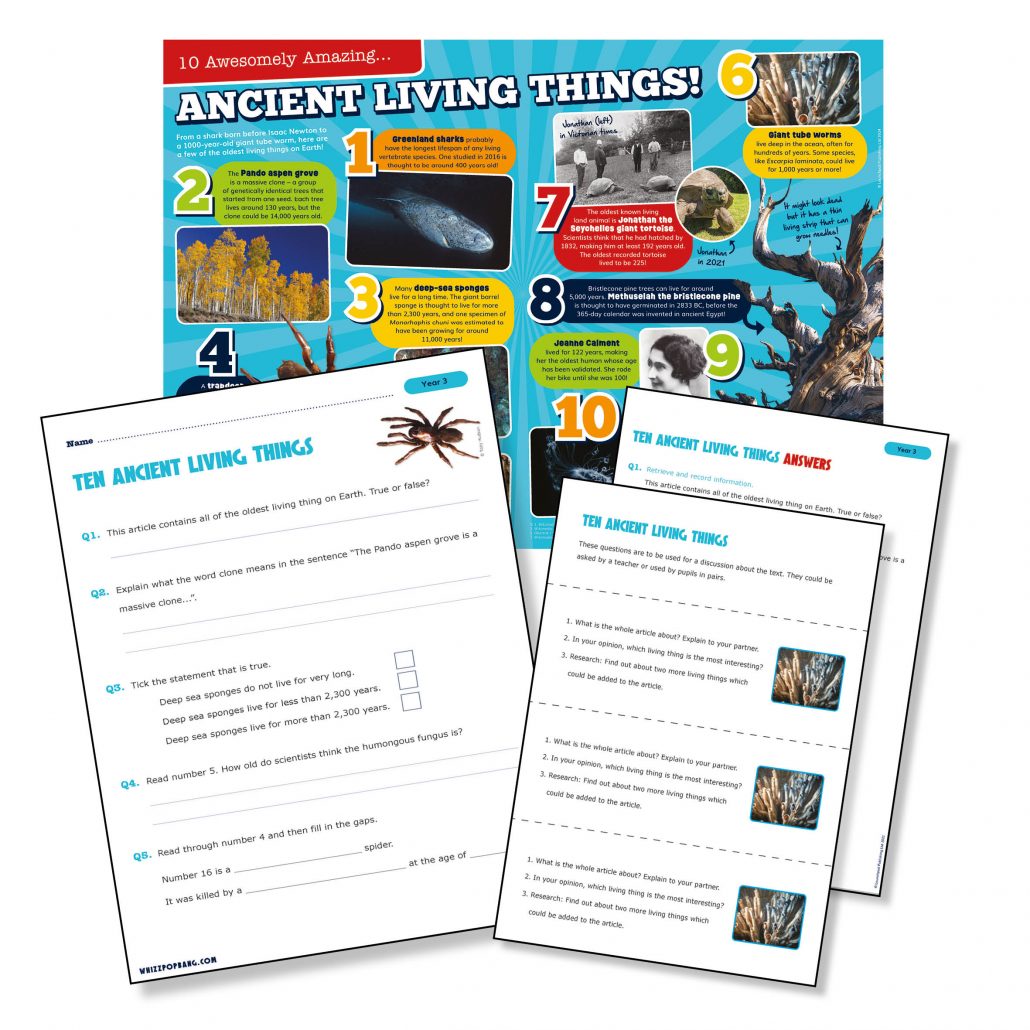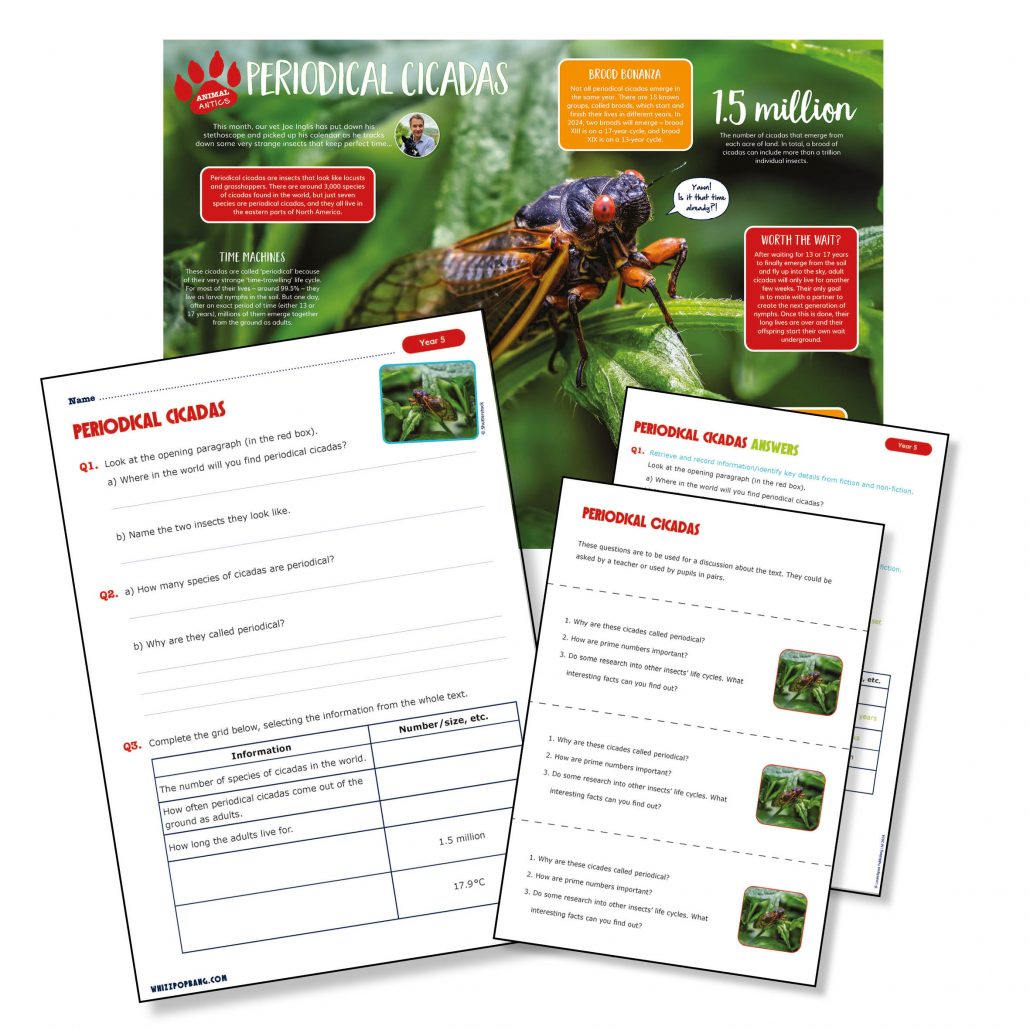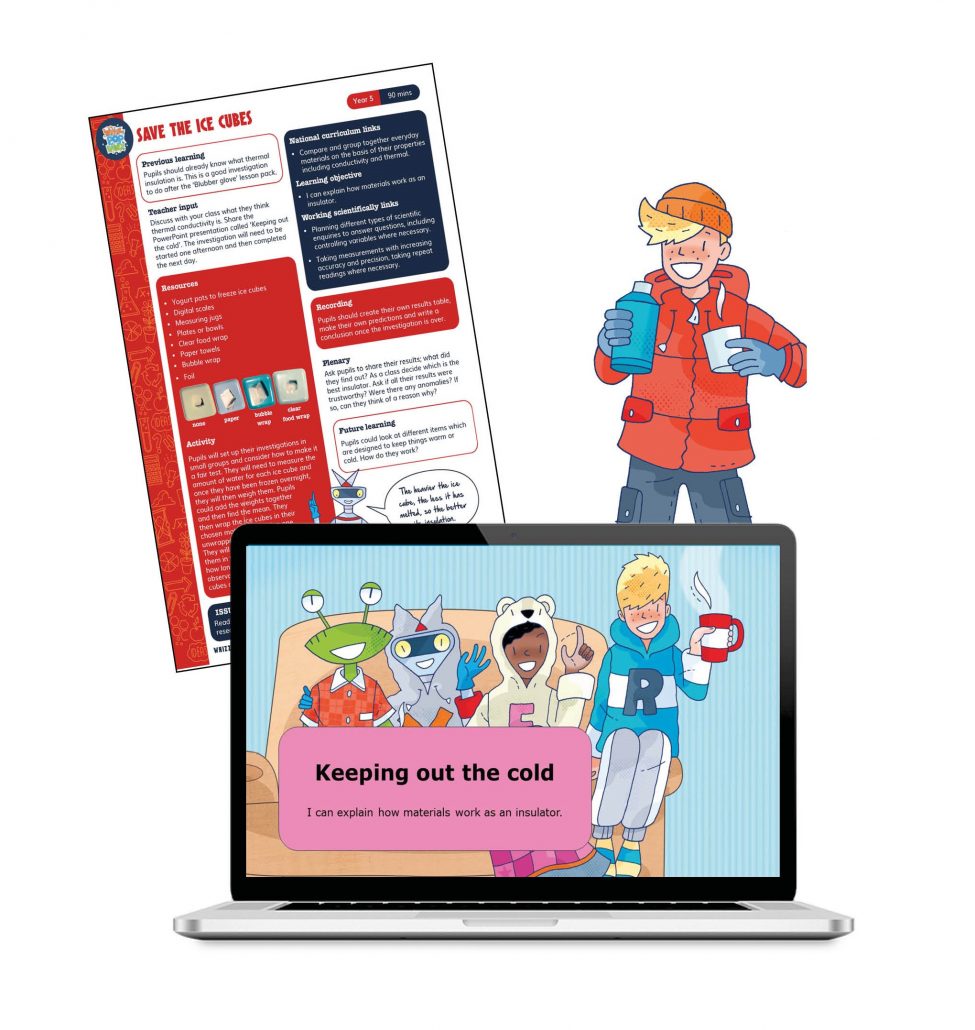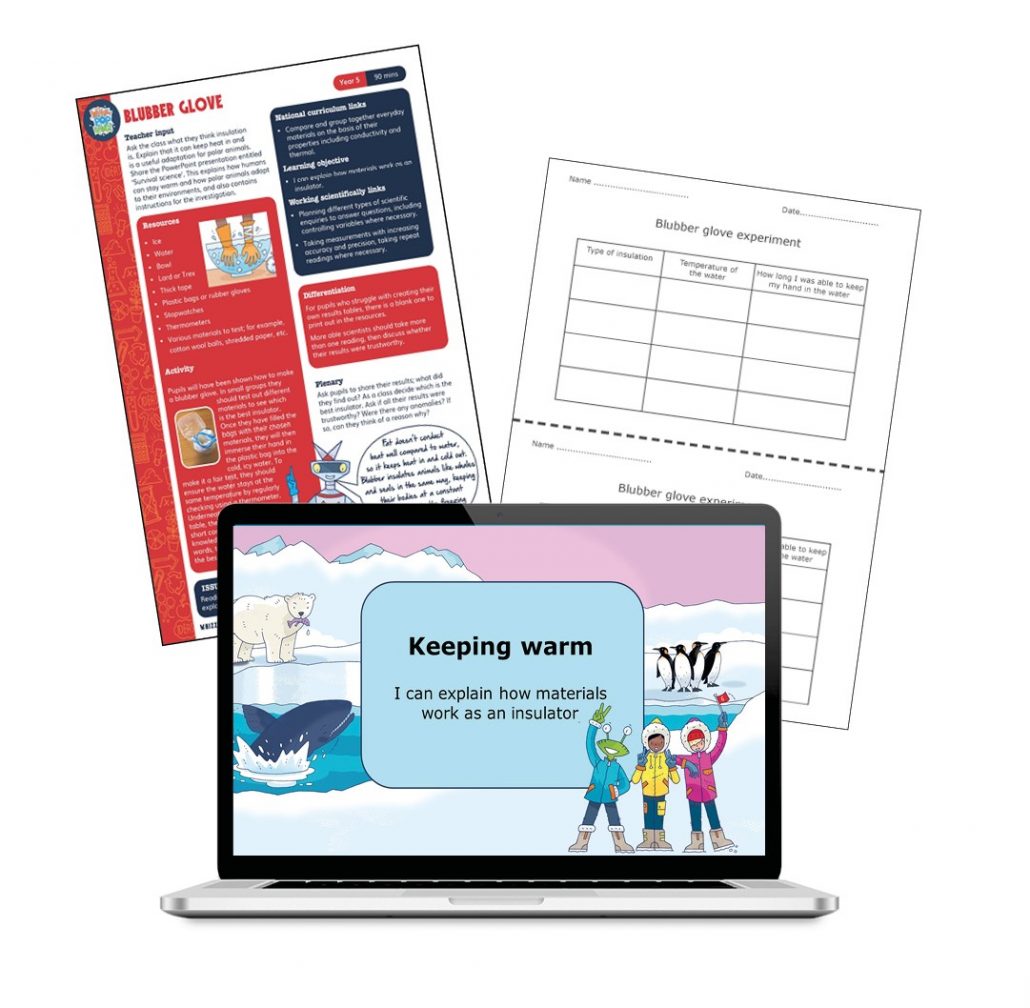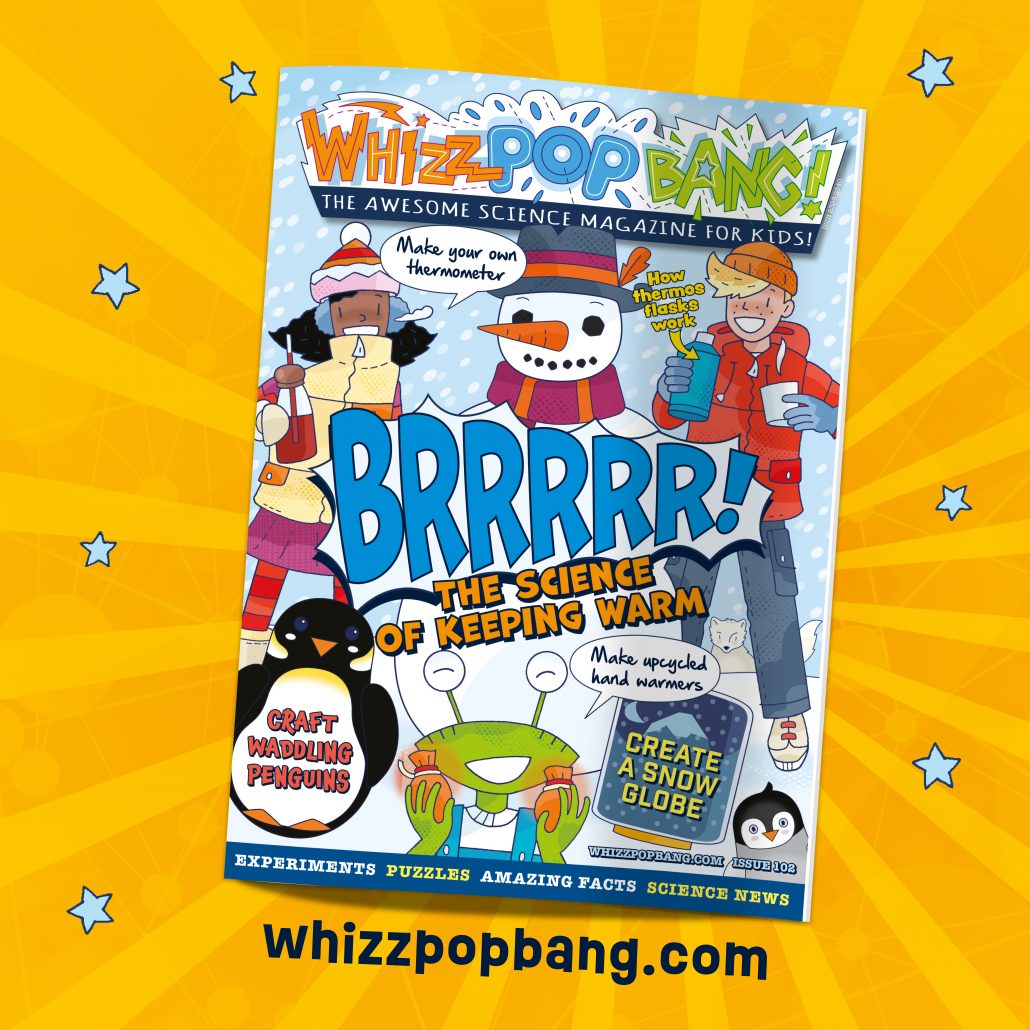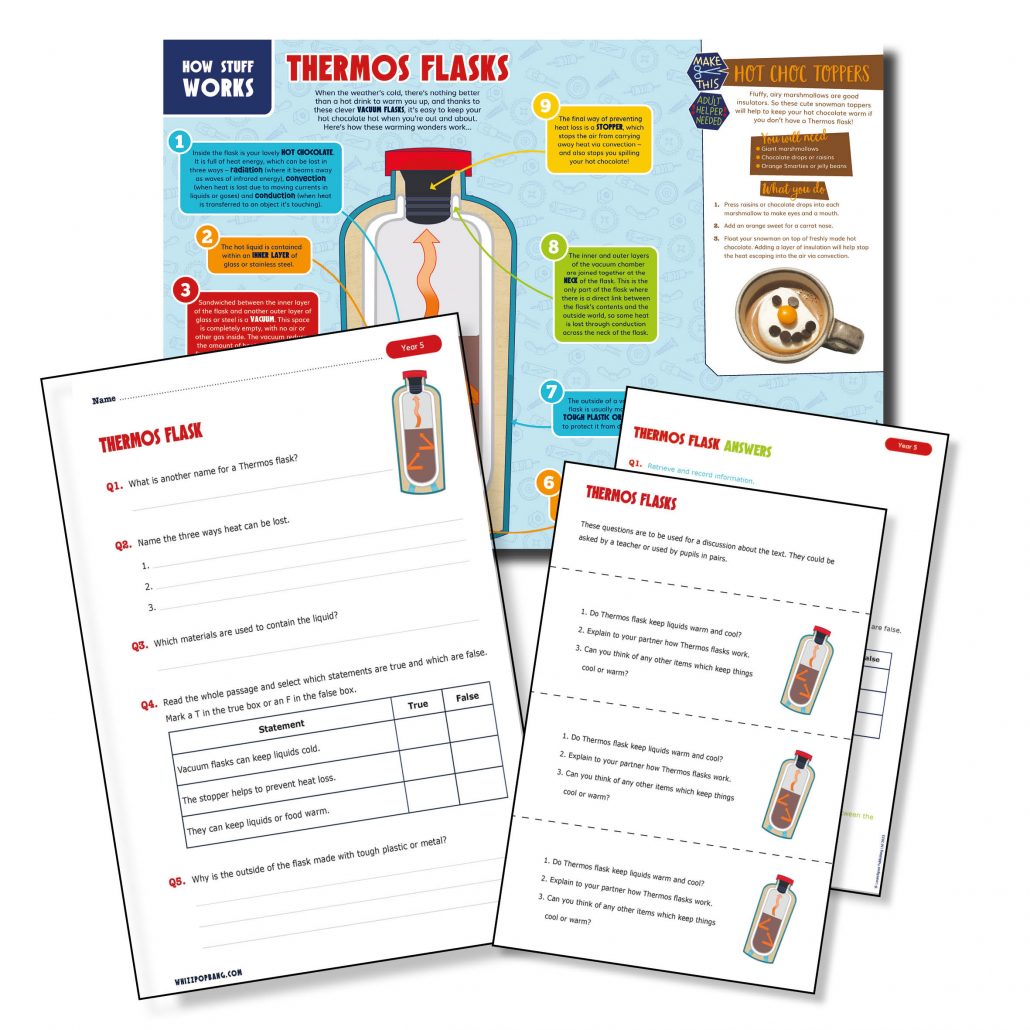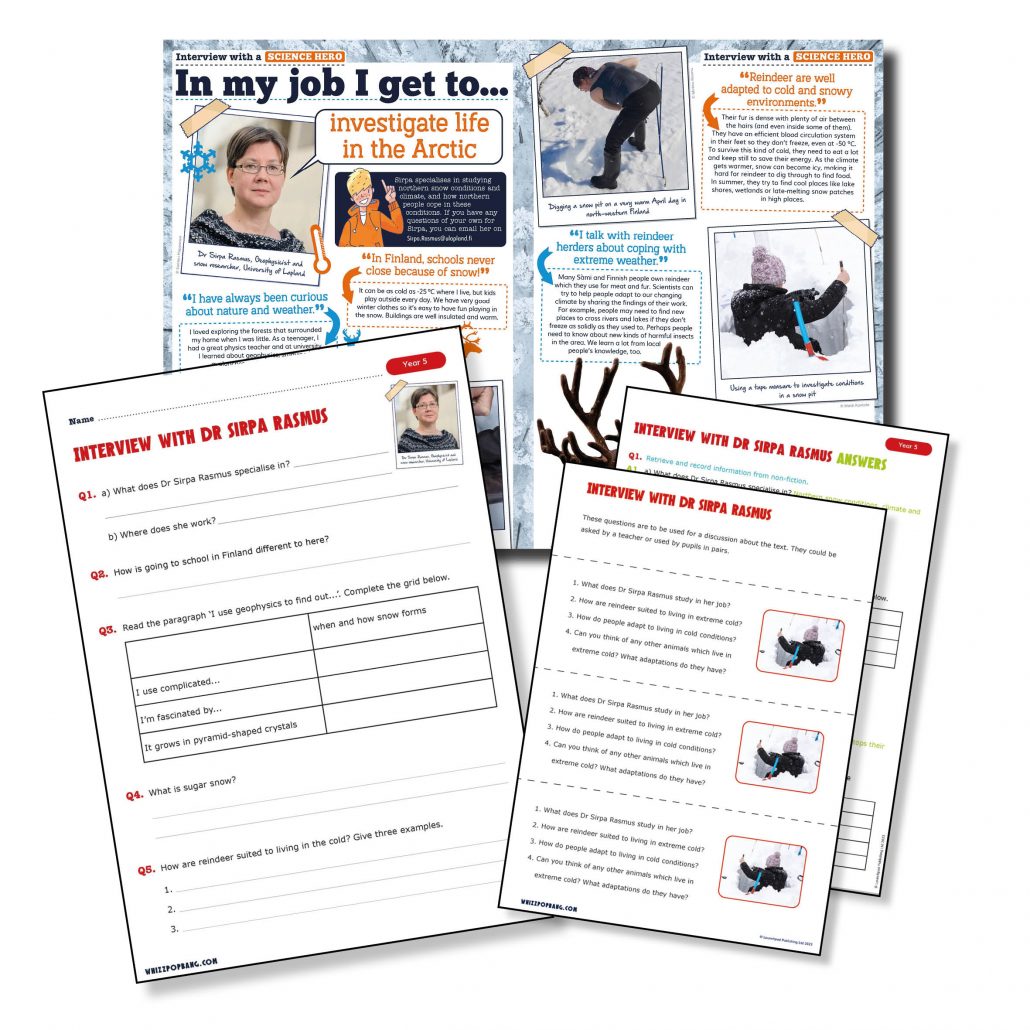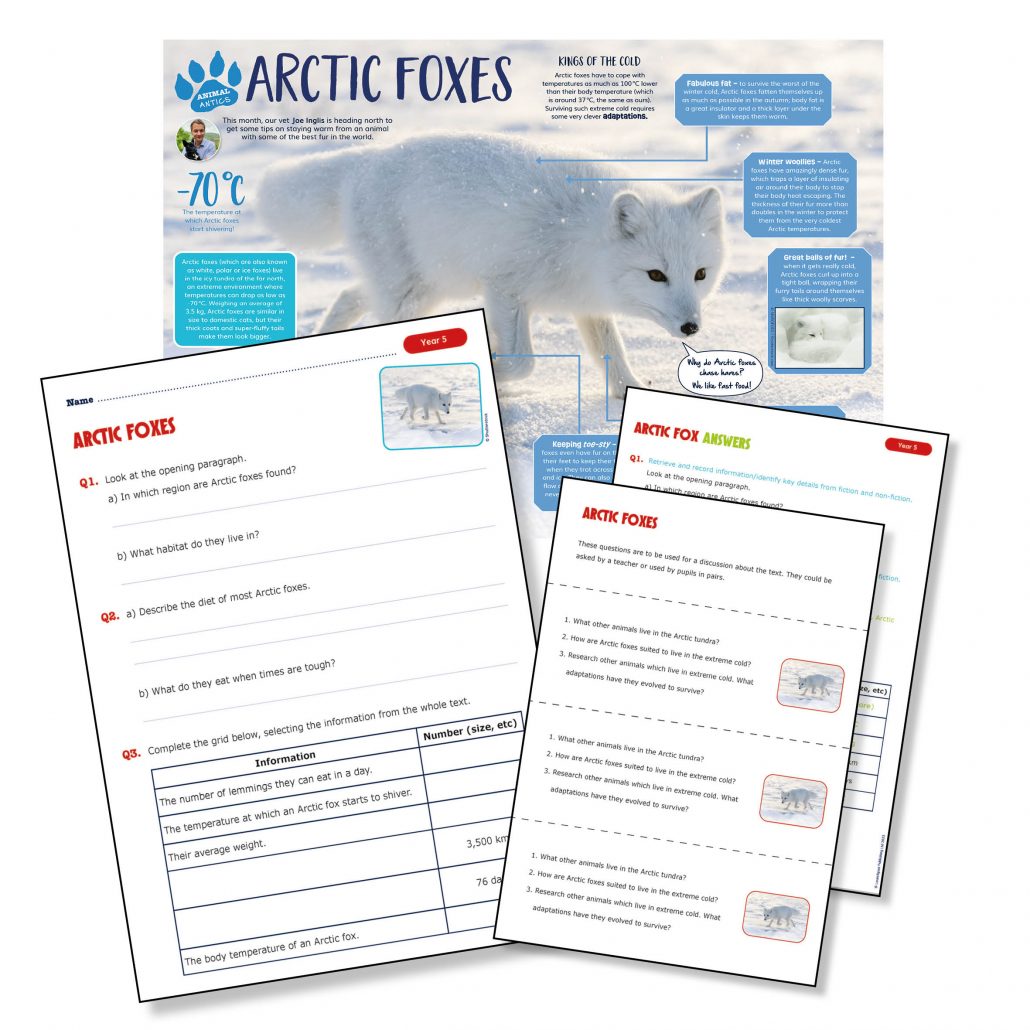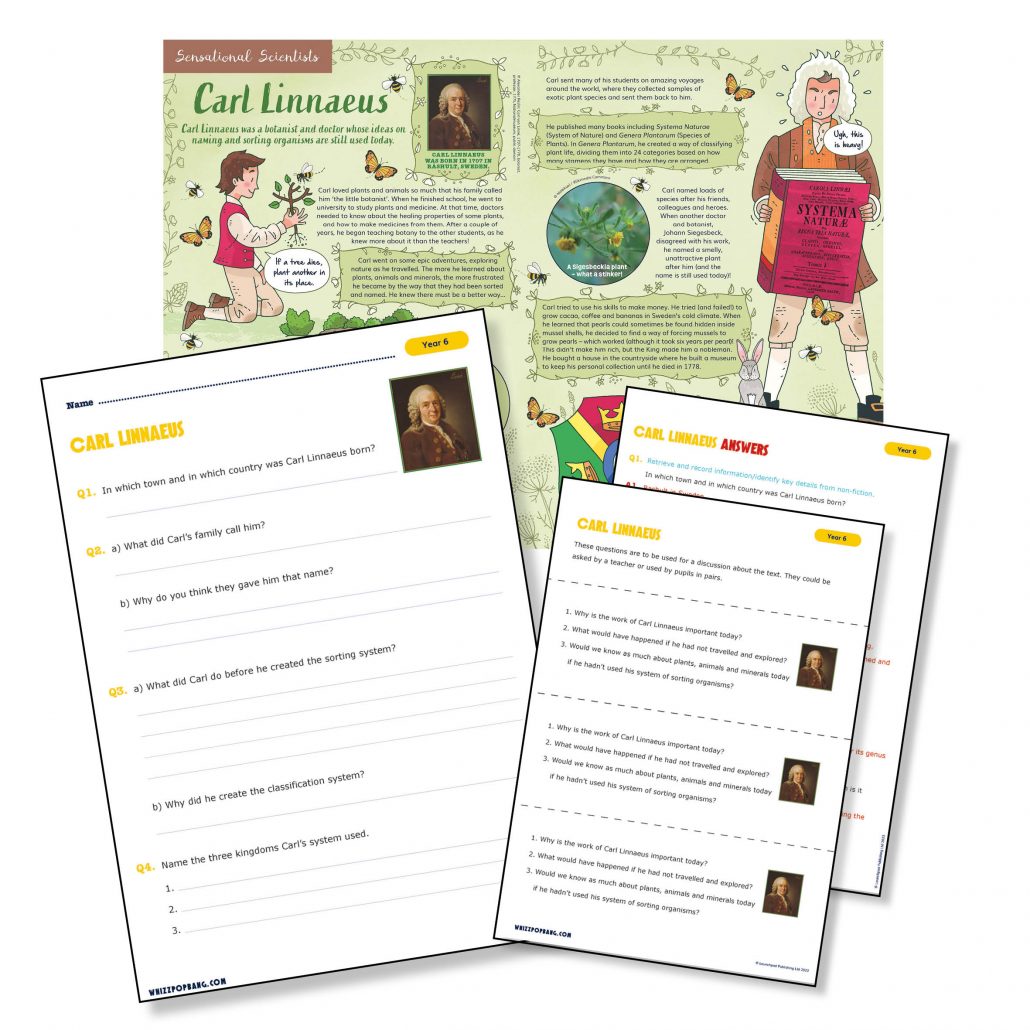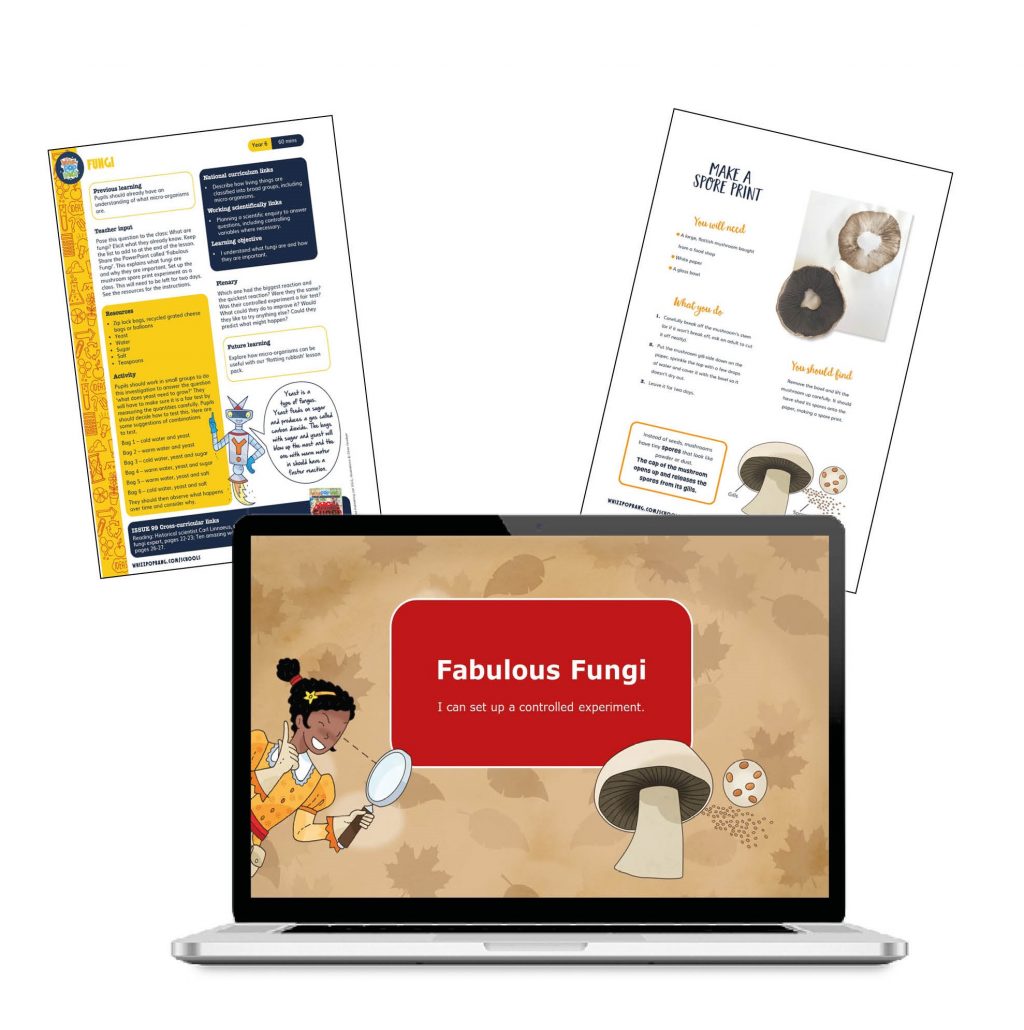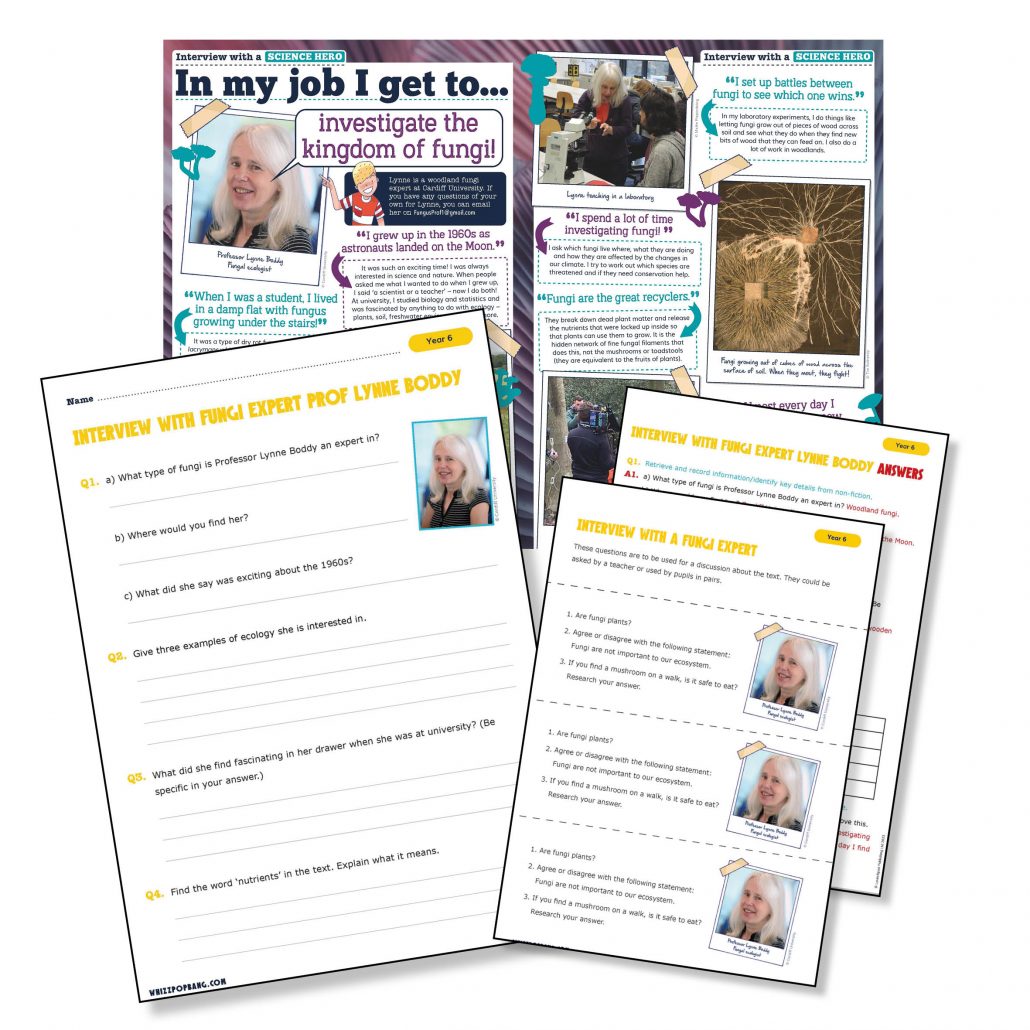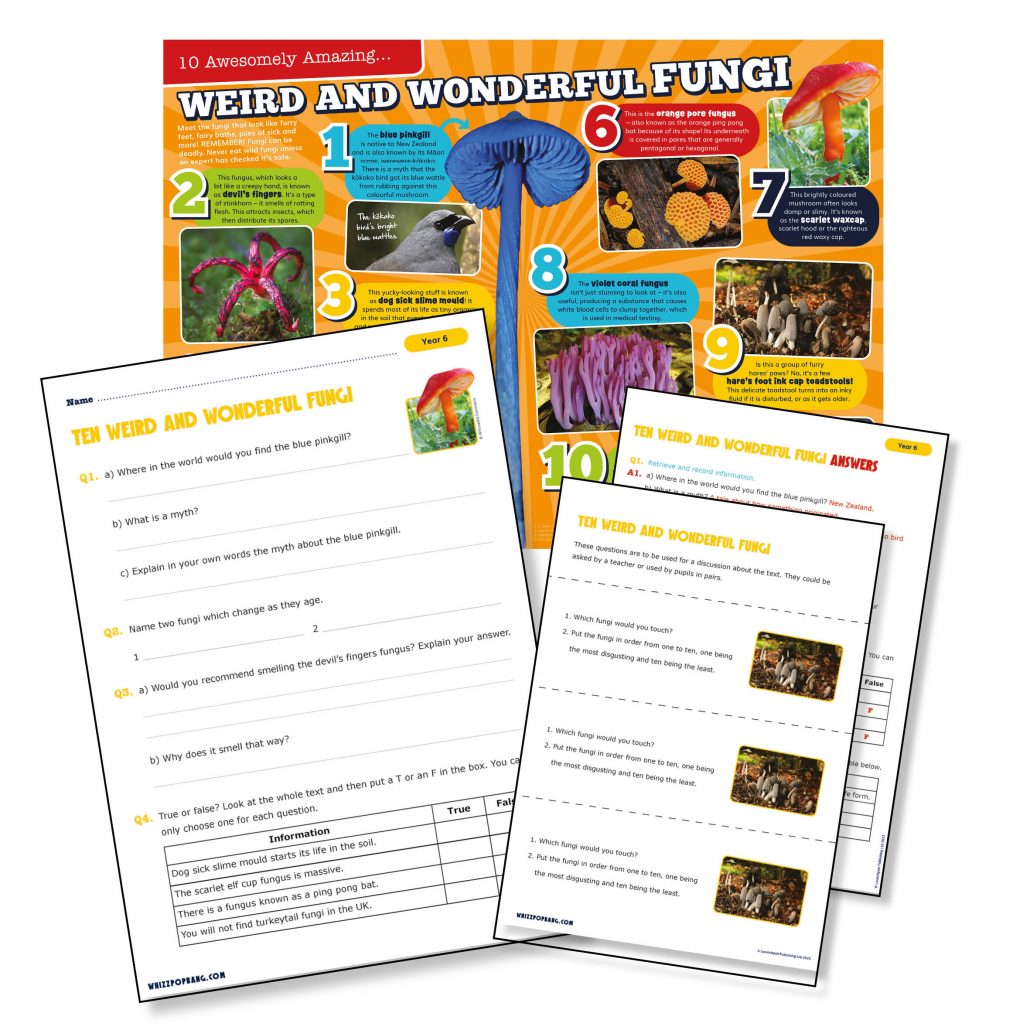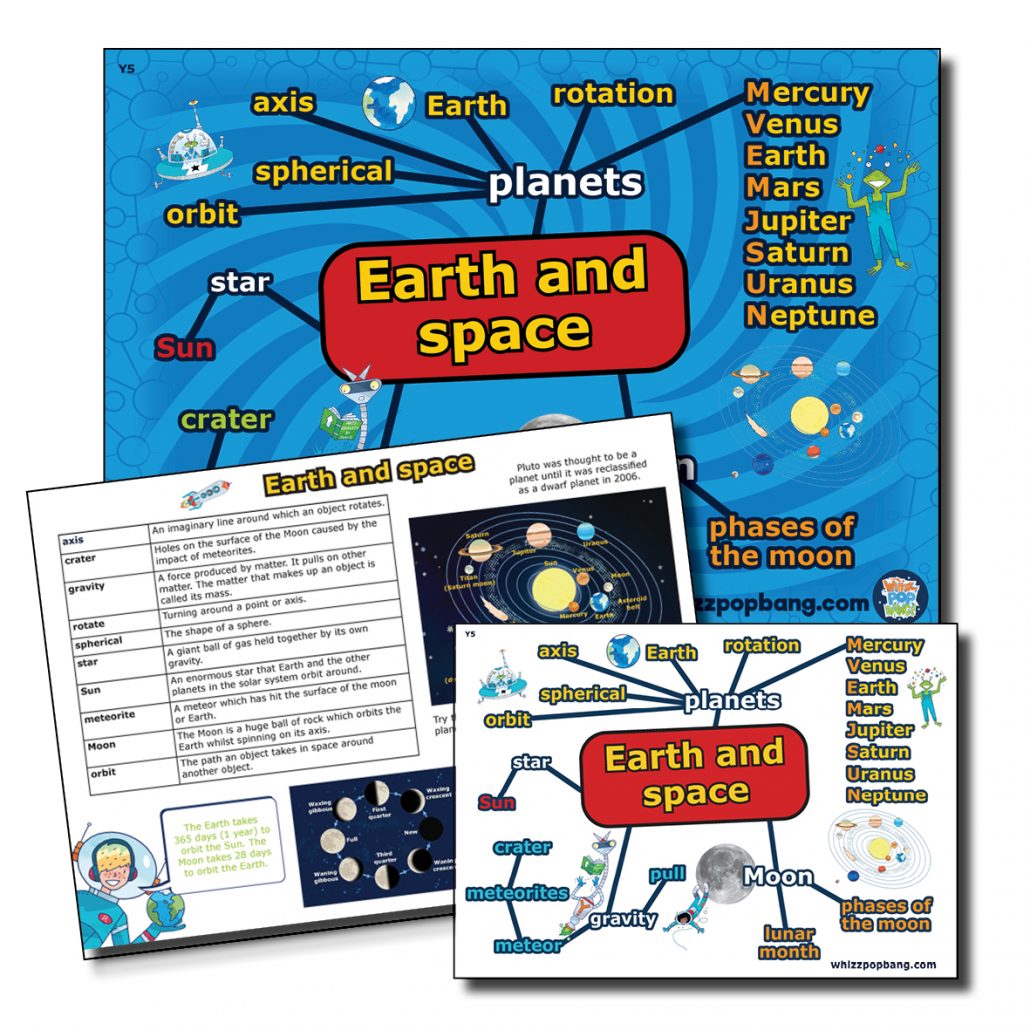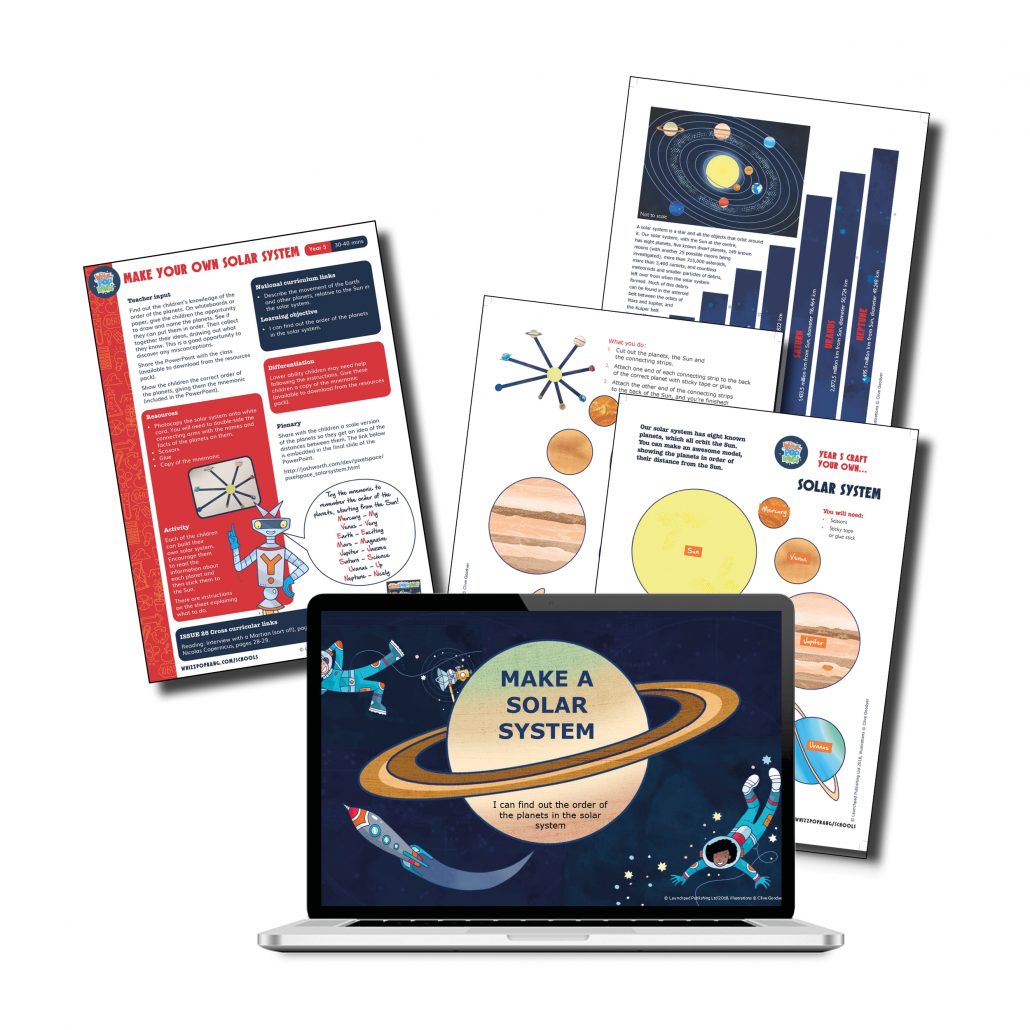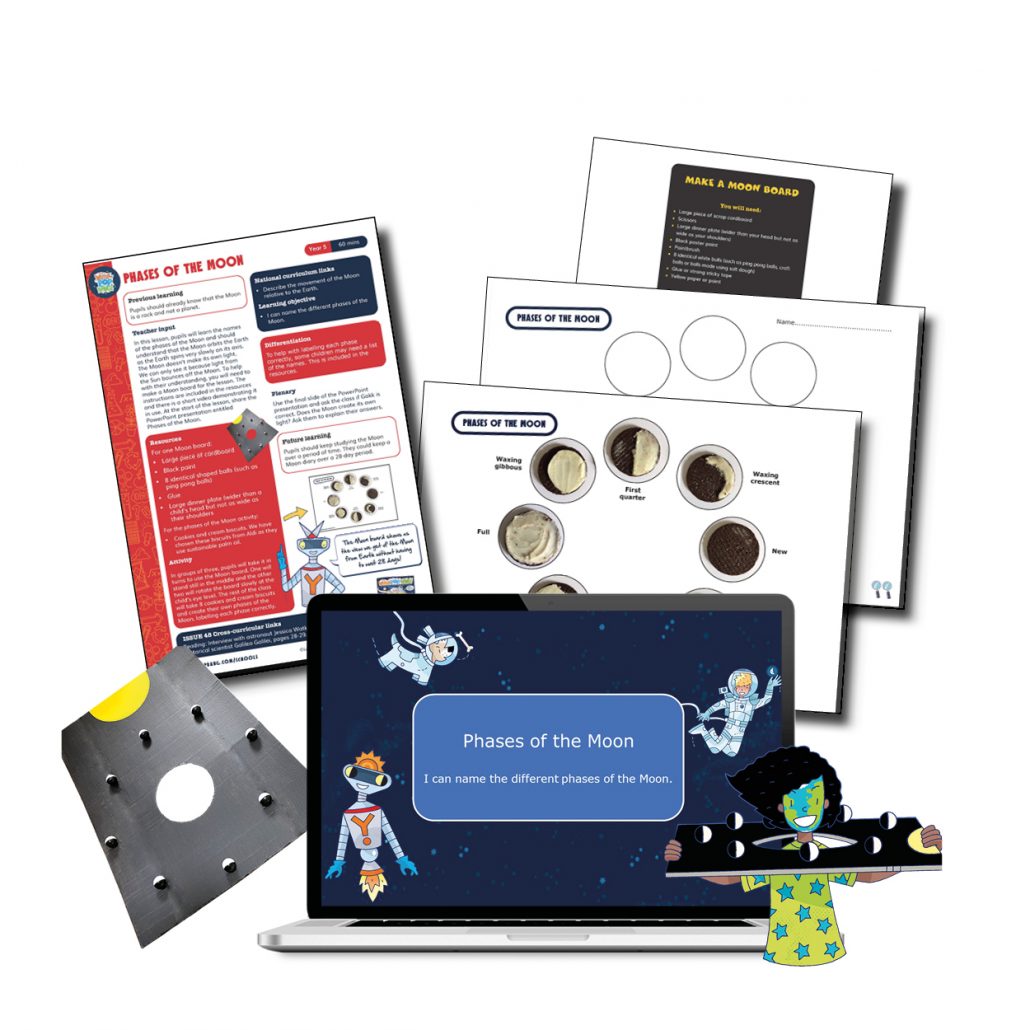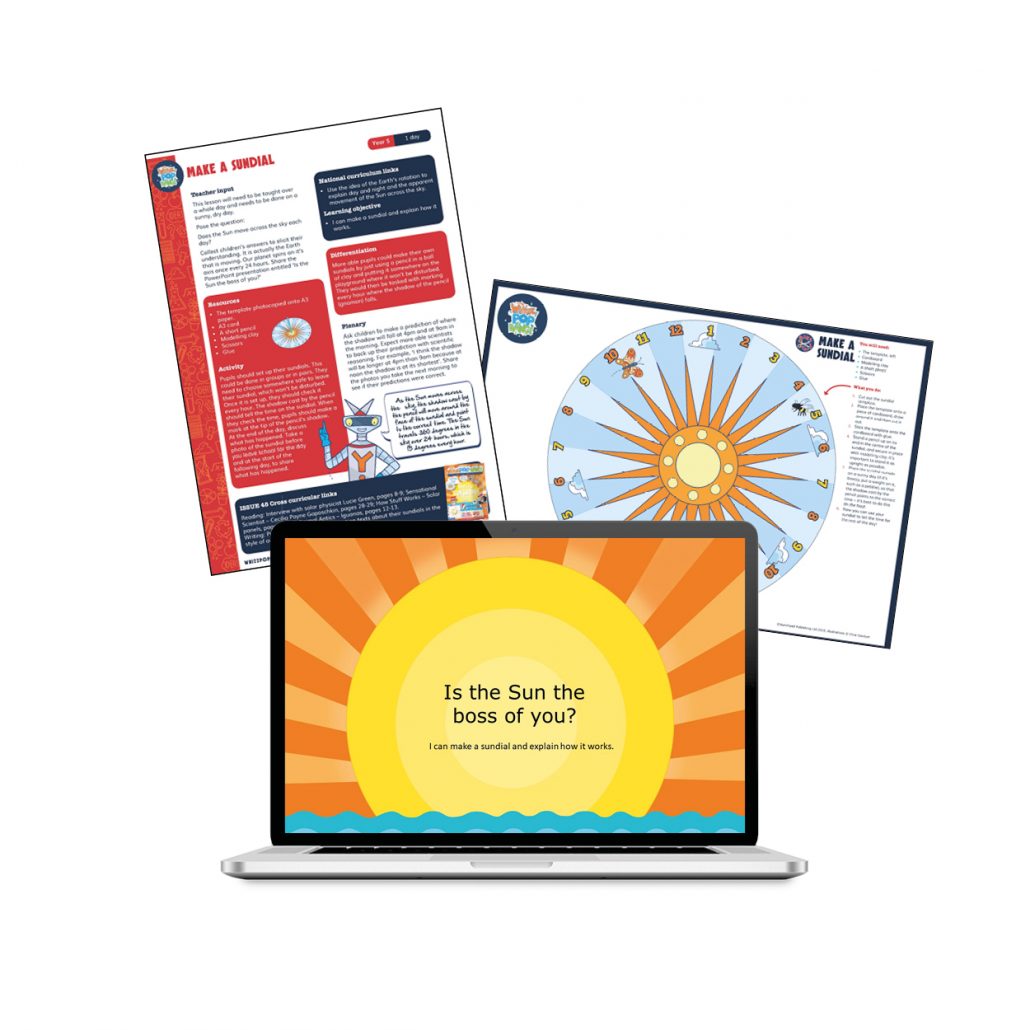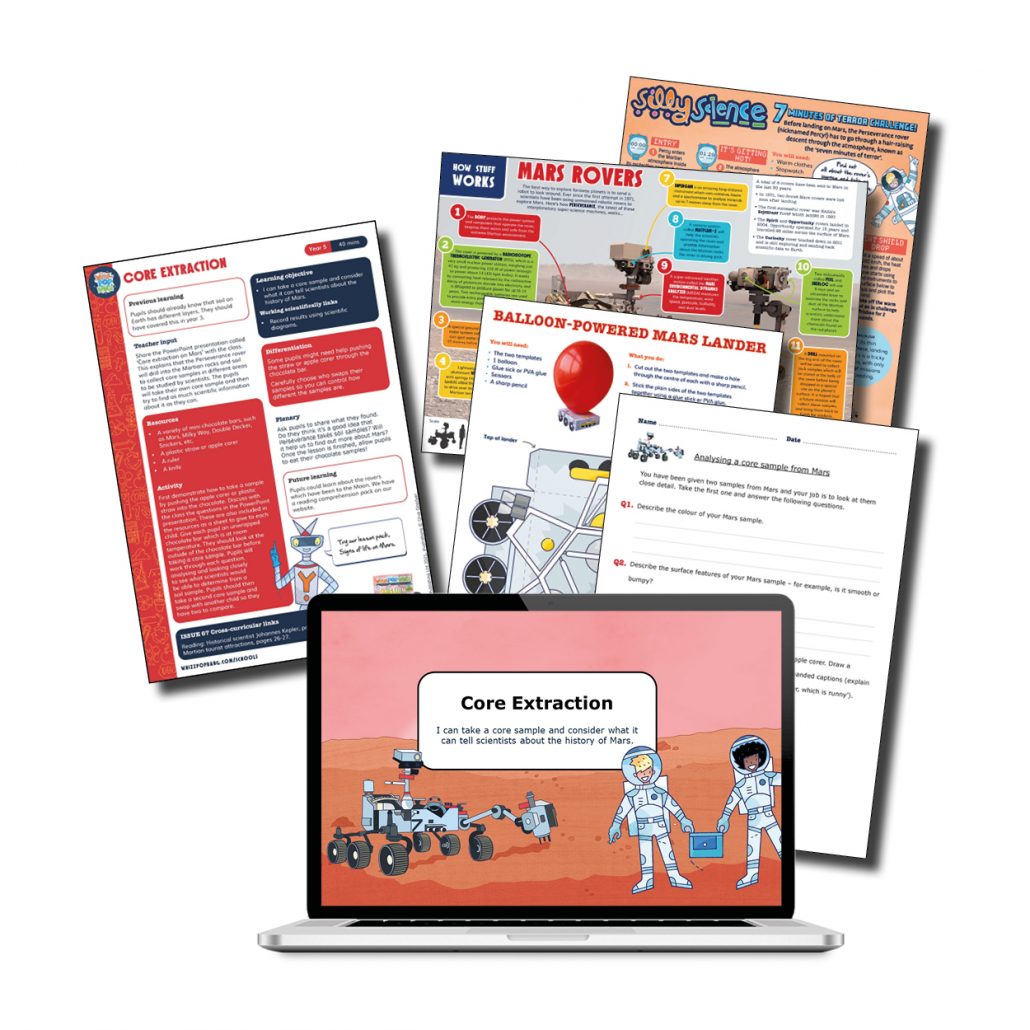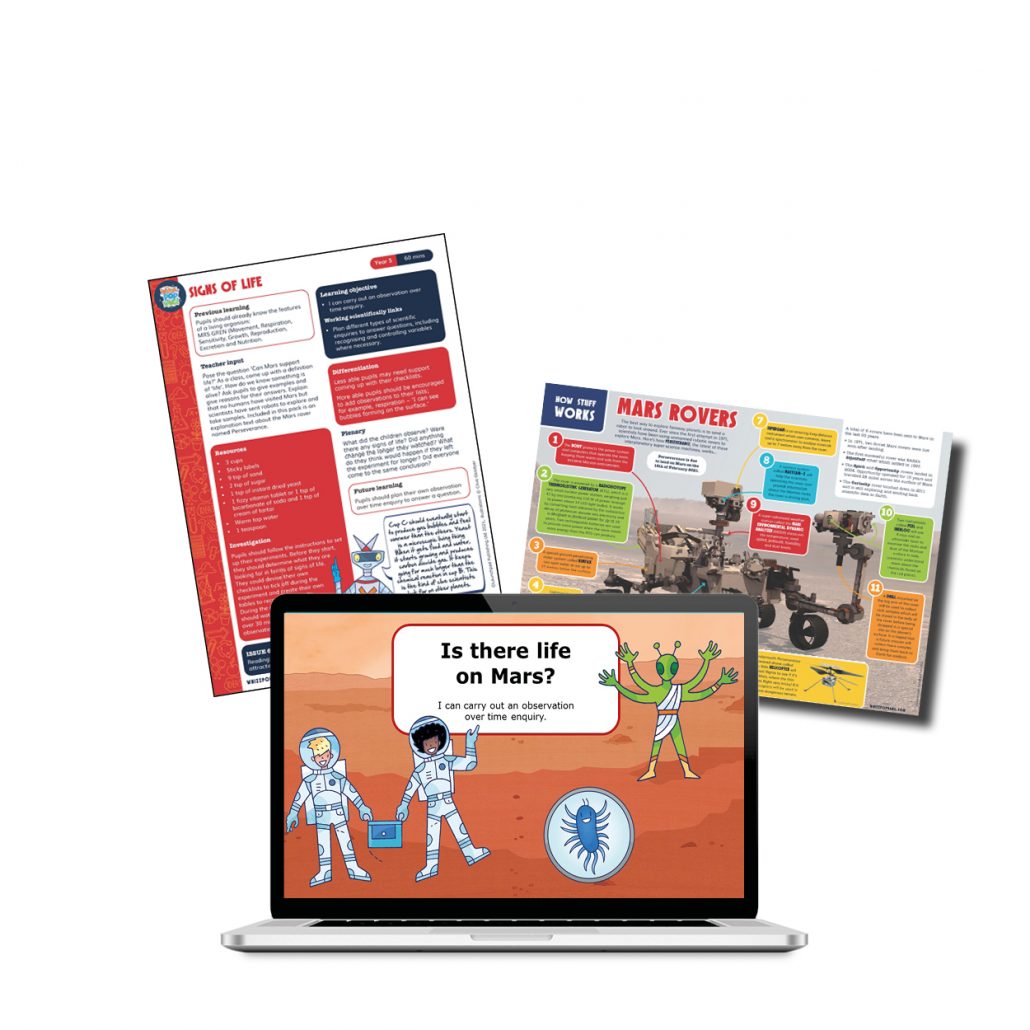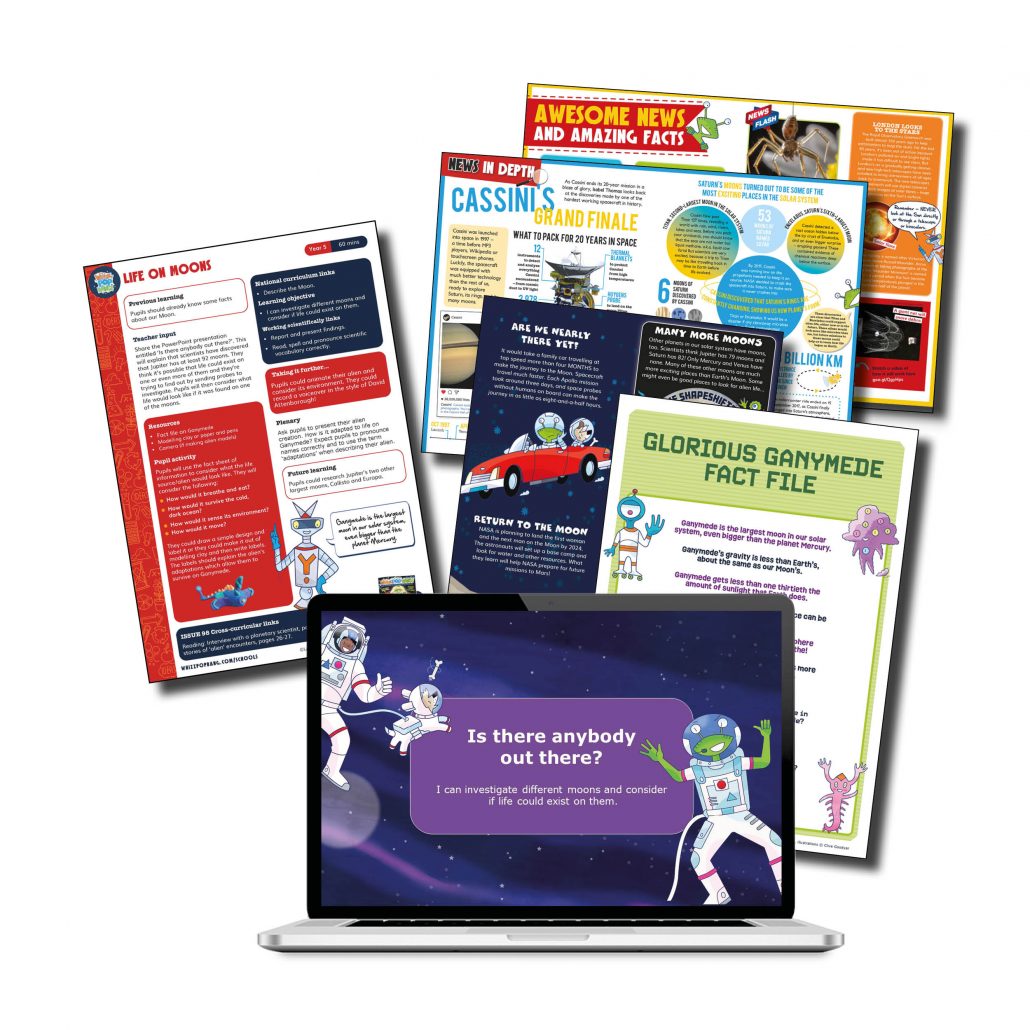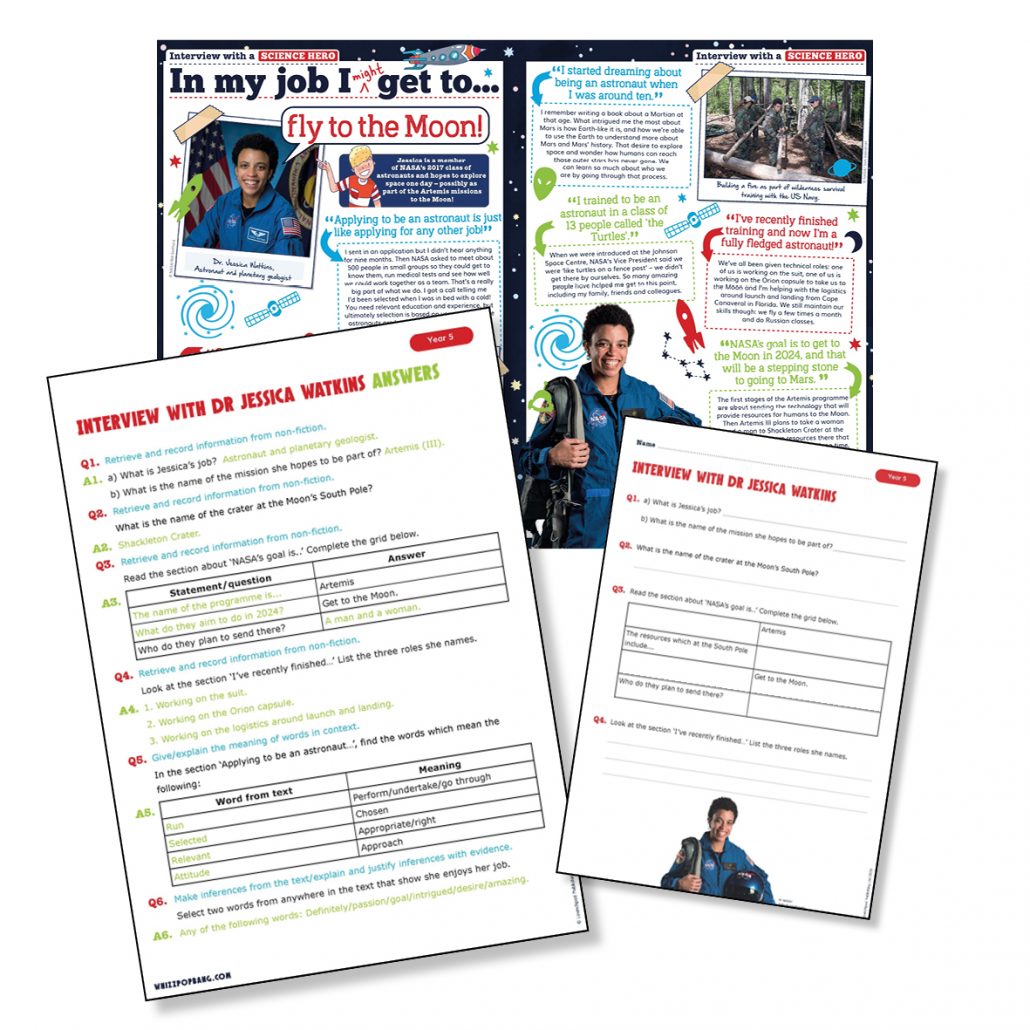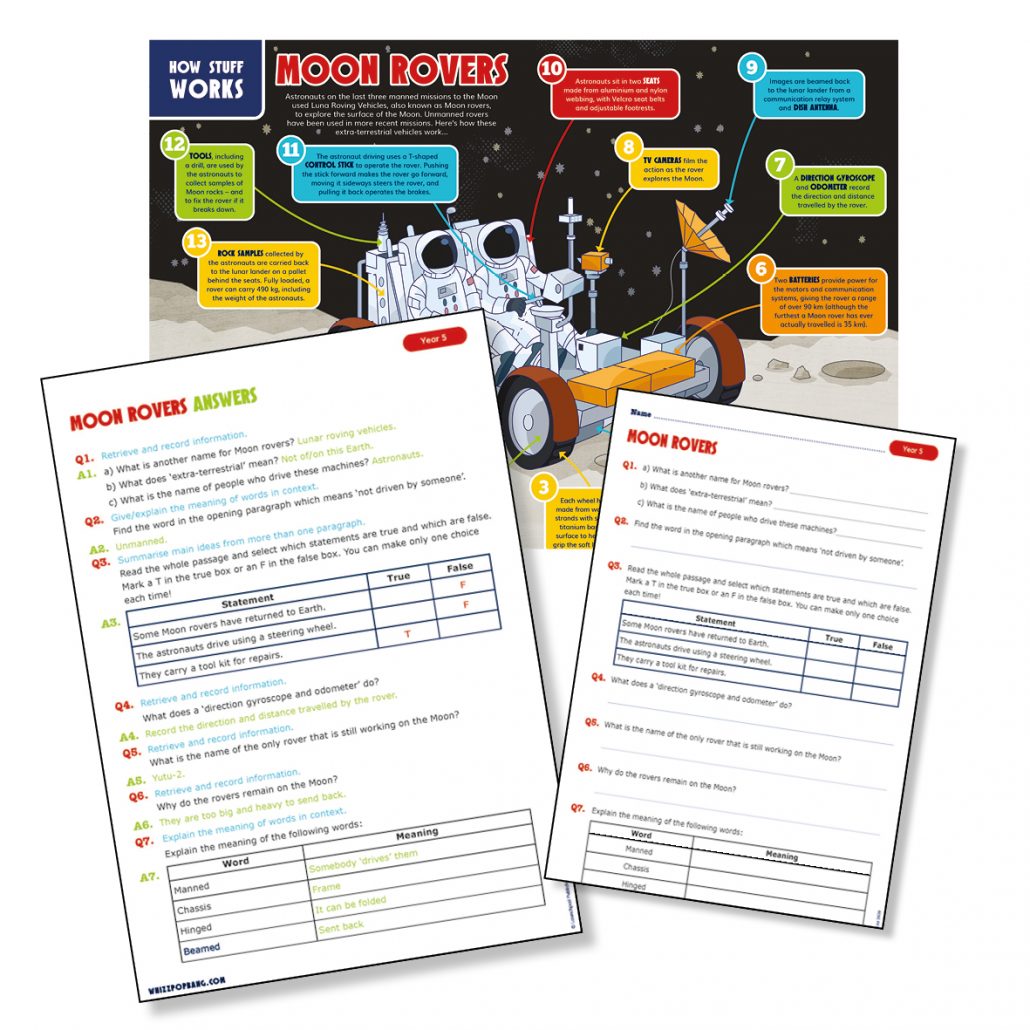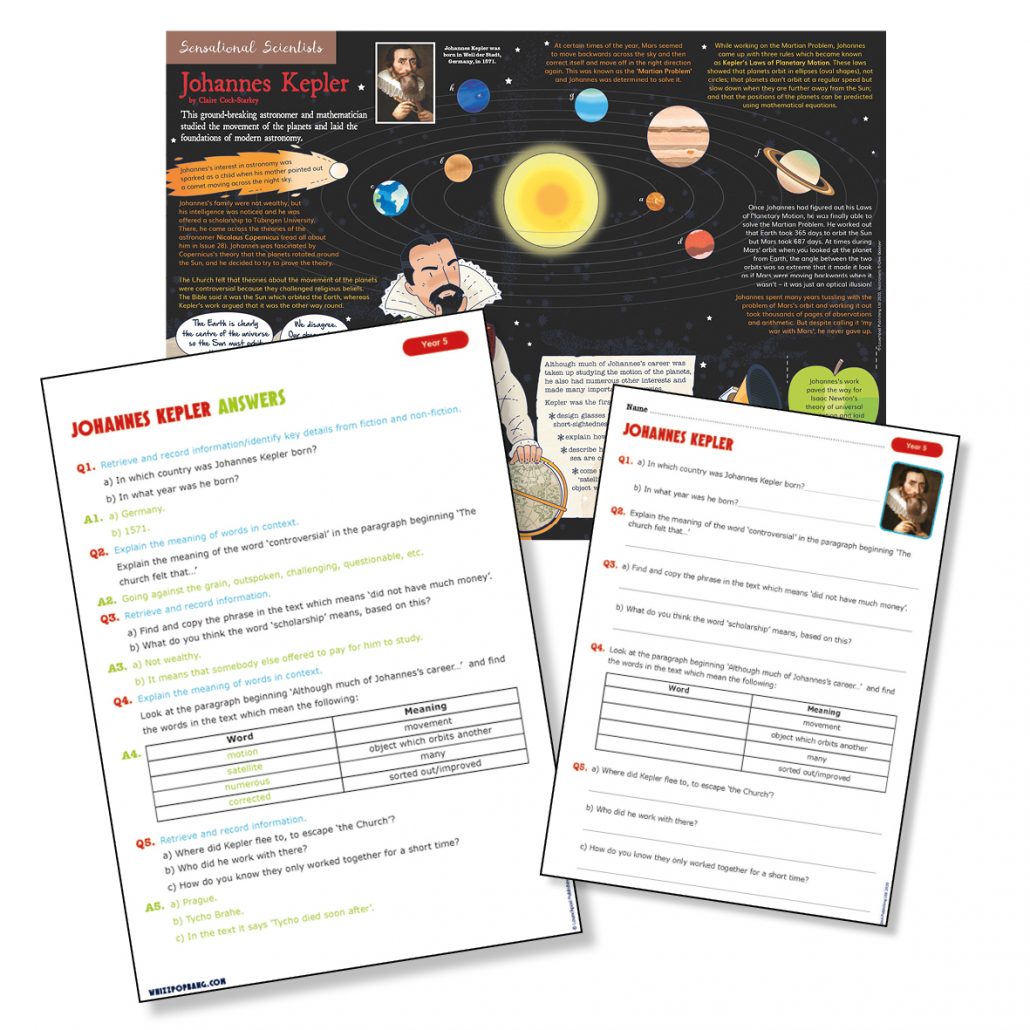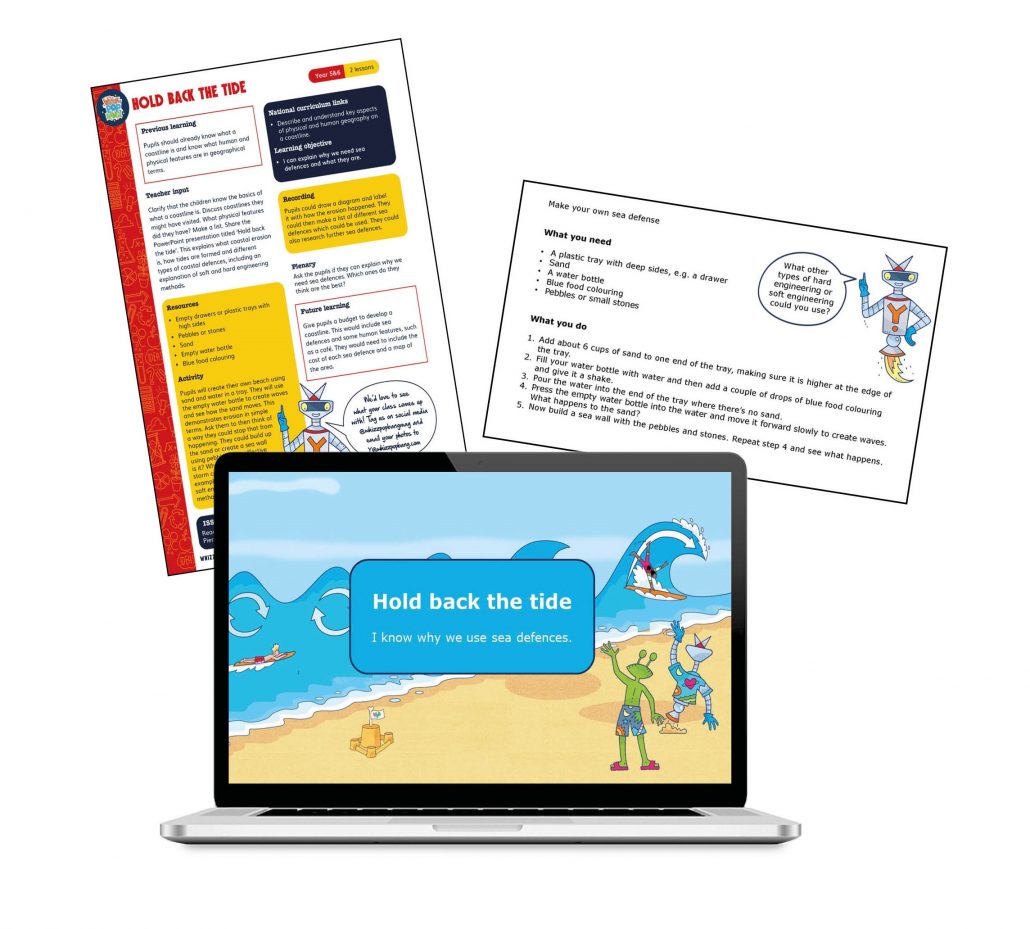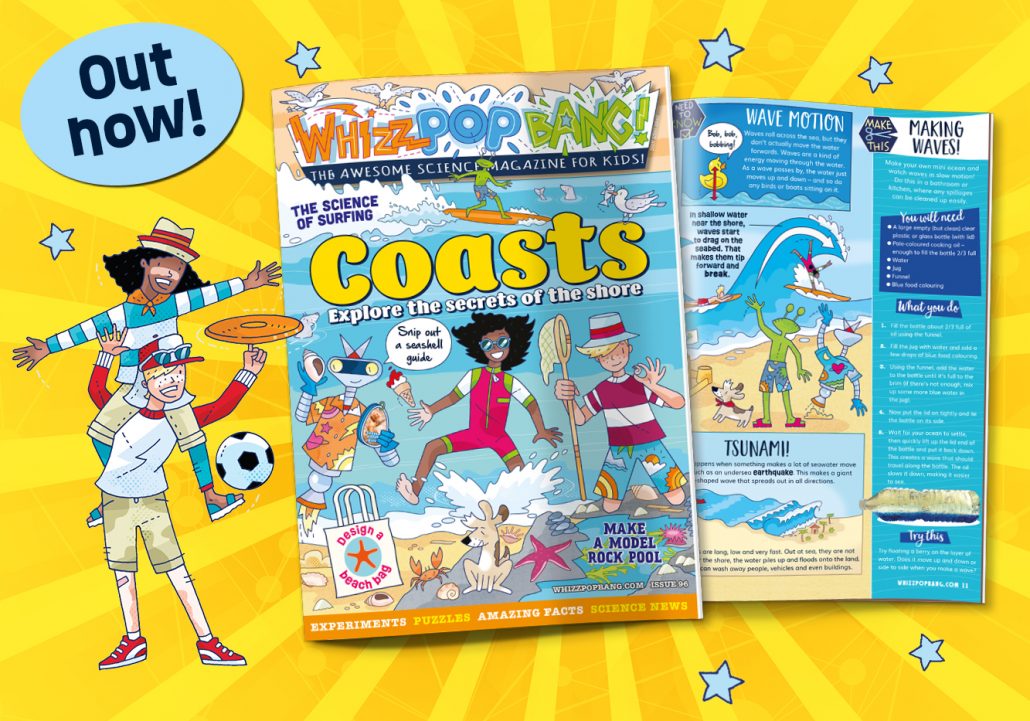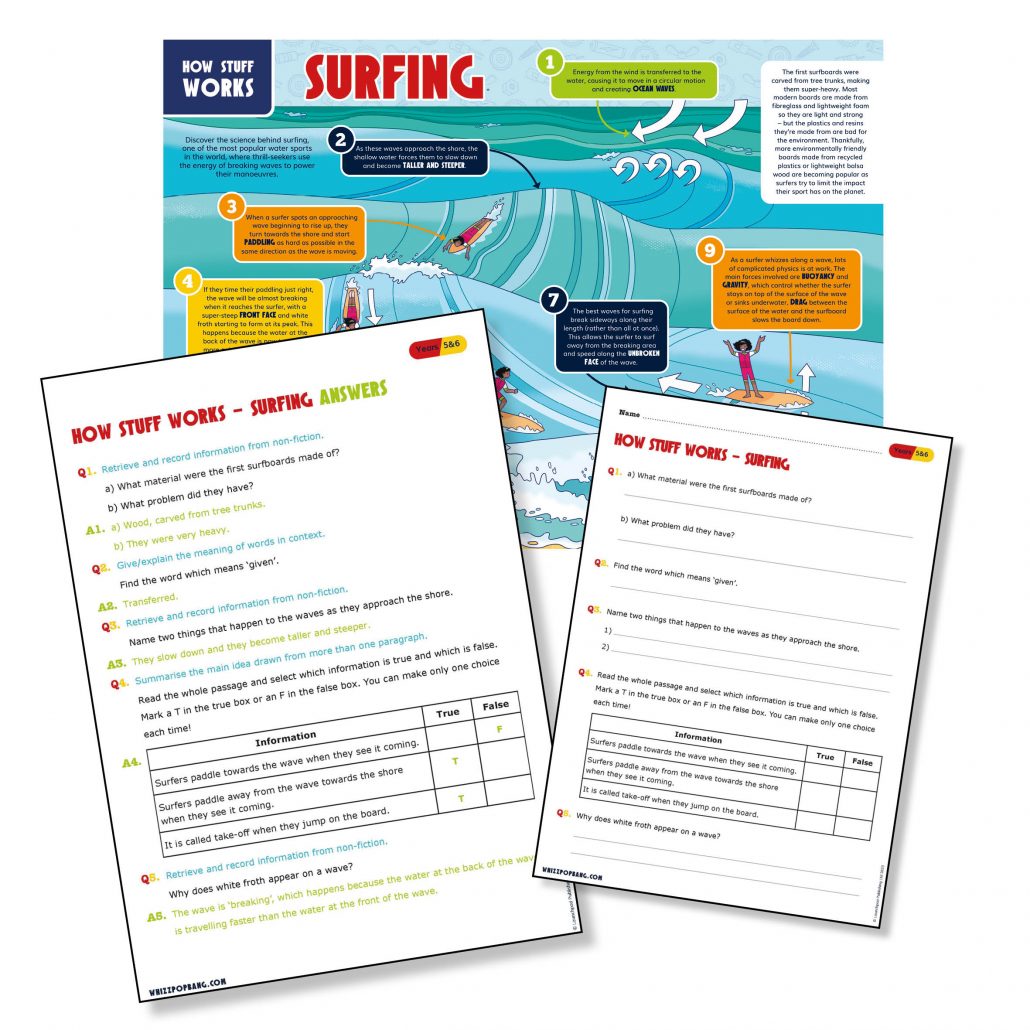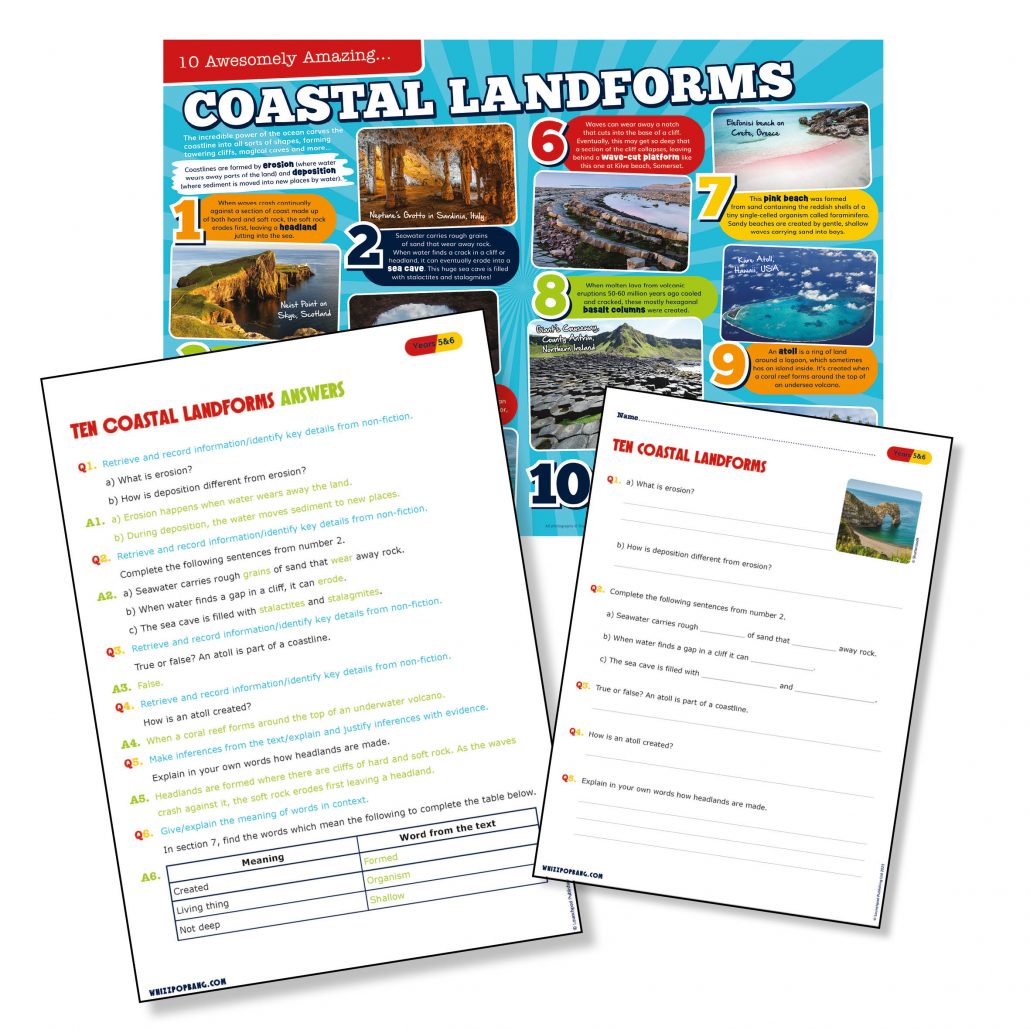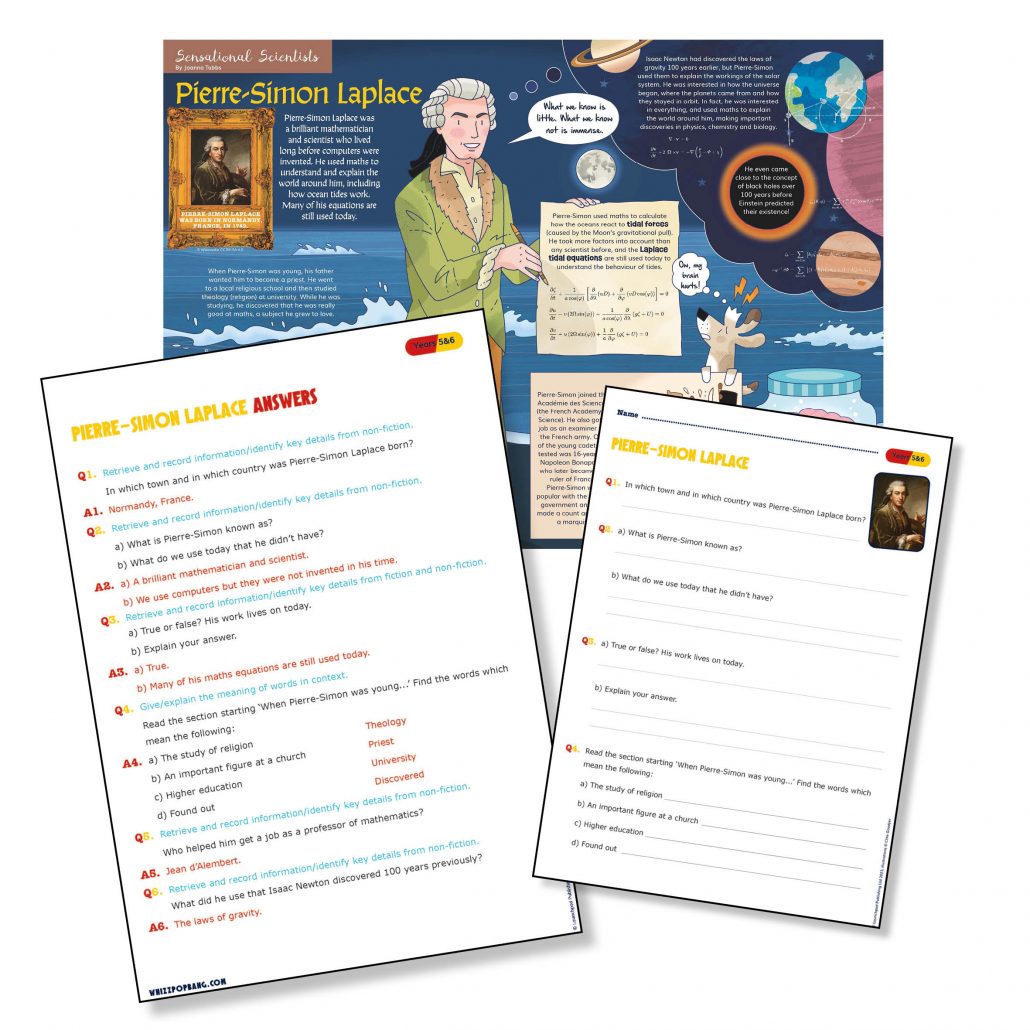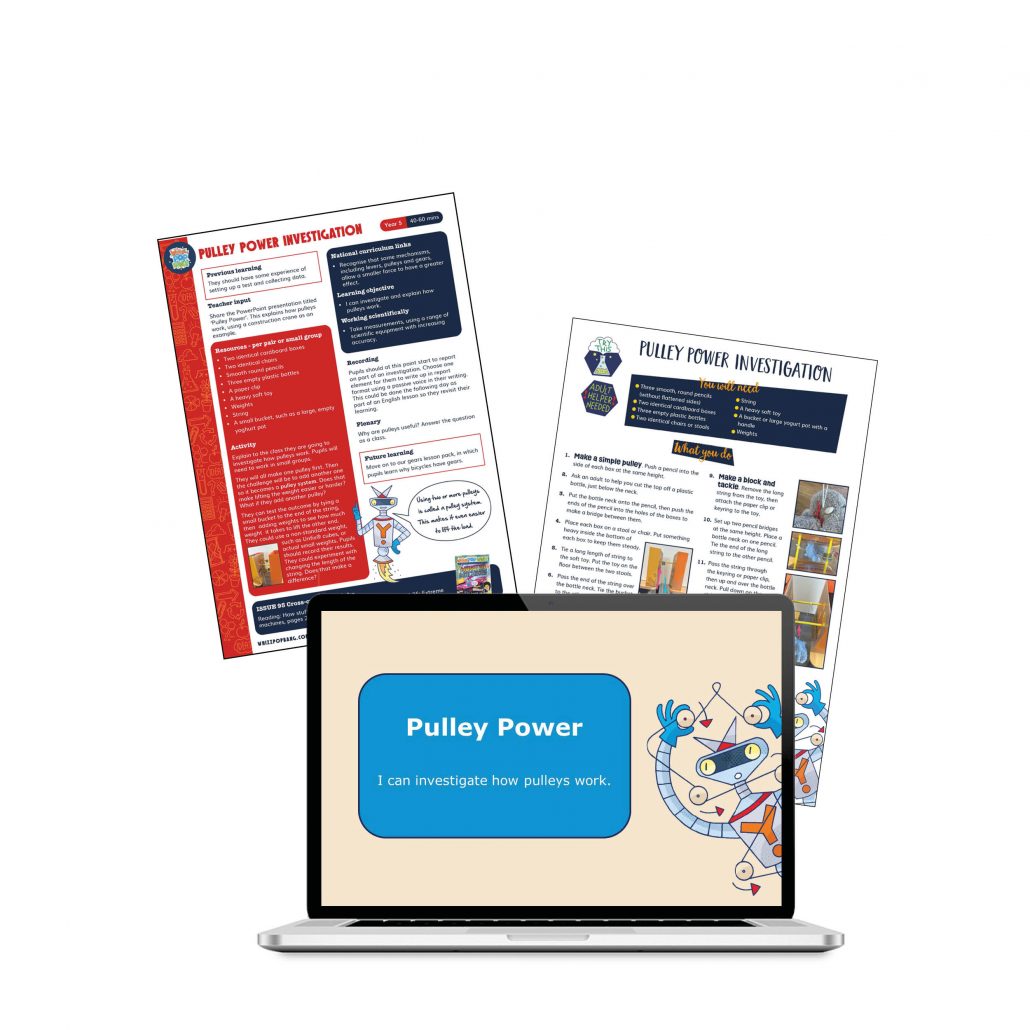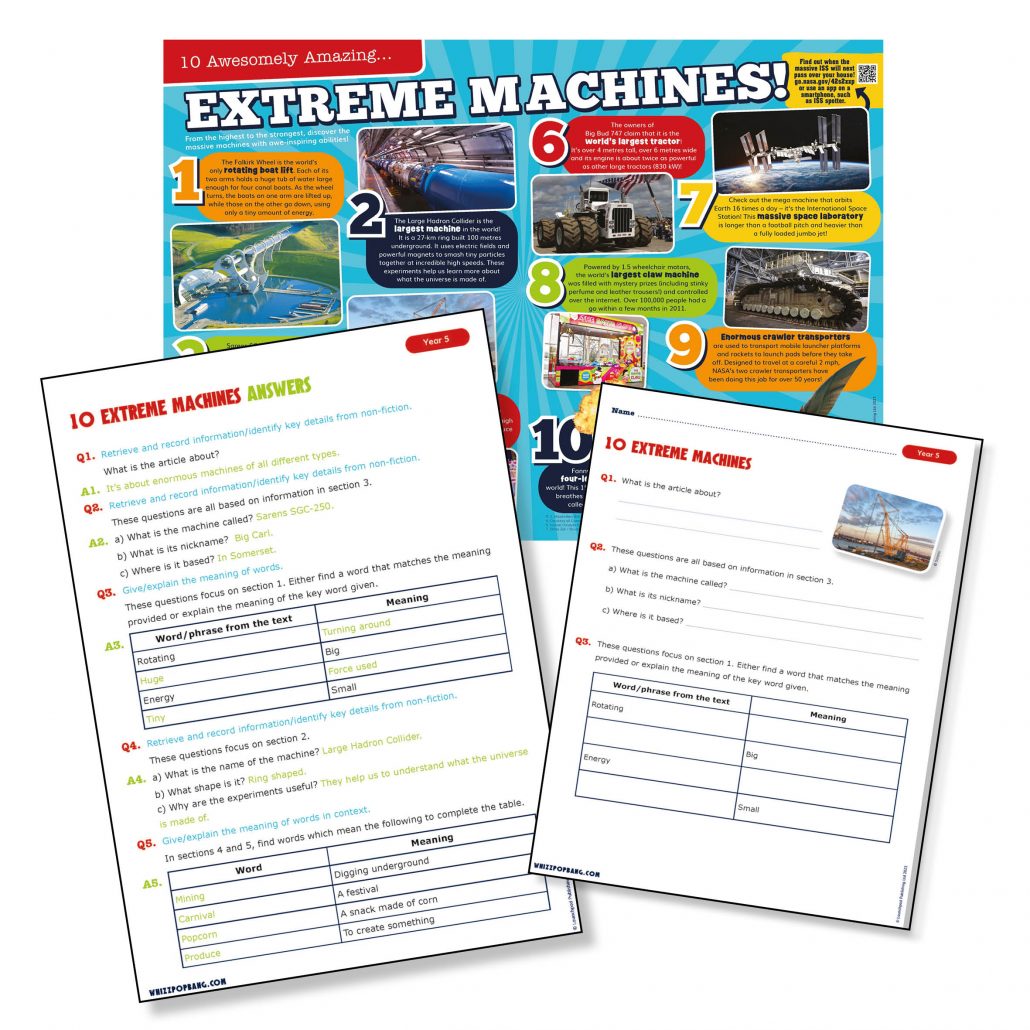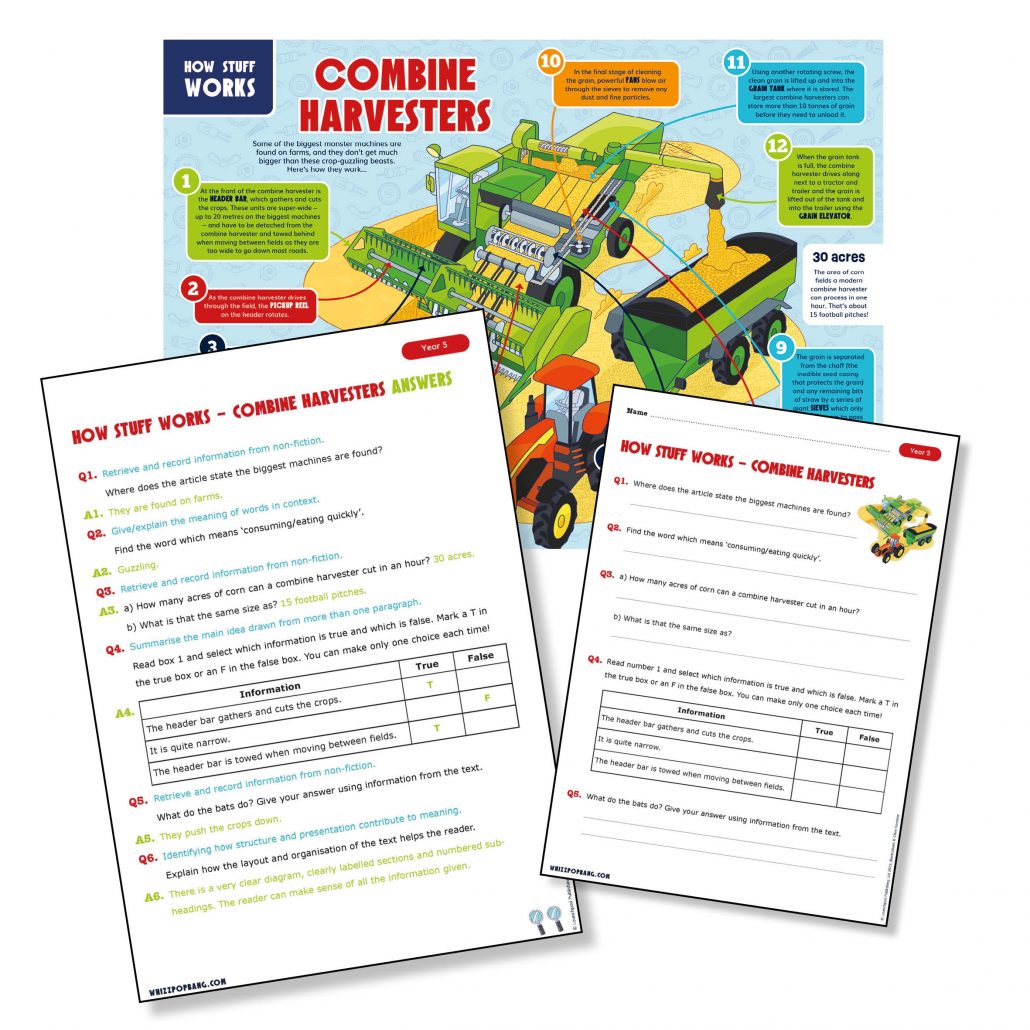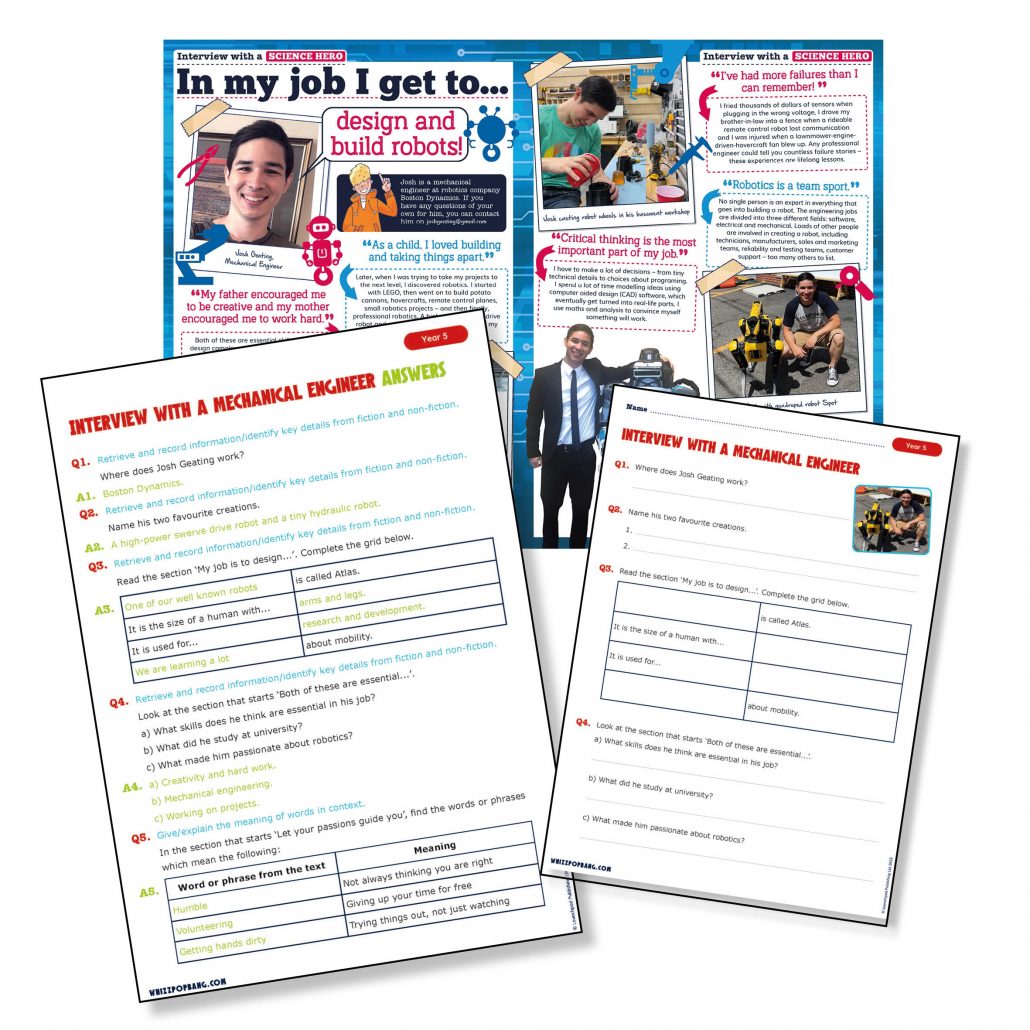Are you looking for inspiring planning resources for teaching about Vikings in upper key stage 2? Here’s how you can use our new downloadable Vikings teaching resources to easily create a memorable lesson…
Where to start?
Before you use the lesson pack, pupils should already know when the Viking period was, and be aware of how they lived. This lesson pack links with history and science, particularly with the topic ‘Properties and changes of materials’.
Pupils will carry out a simple investigation to see what affects how well an oil lamp burns. This lesson involves making an oil lamp, which means using fire! We have checked the primary CLEAPS guidance and have given you some tips for your risk assessment. However, you will need to review it and make any alterations for your class. Pupils will plan their own investigation to answer one of three questions, which are included in the PowerPoint presentation, along with simple instructions to make the oil lamp.
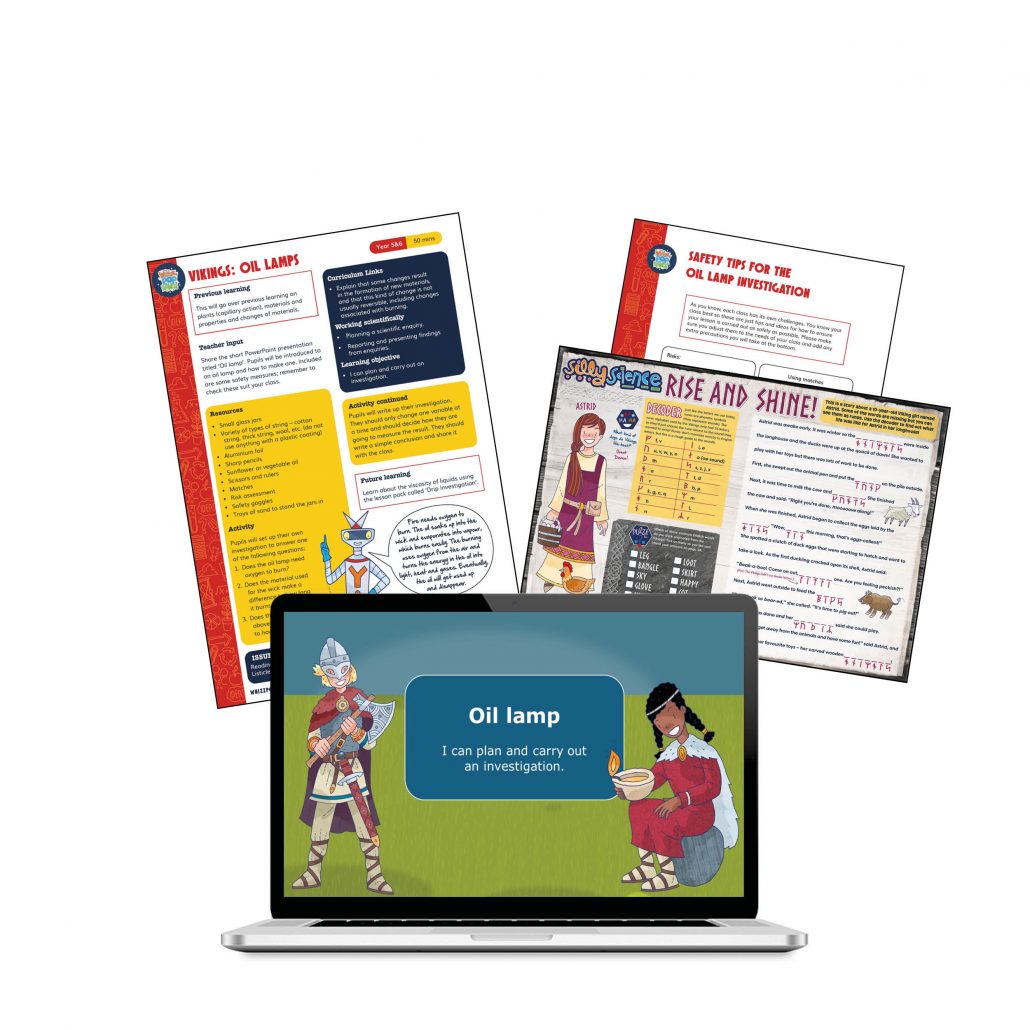
The downloadable pack includes:
- A differentiated lesson plan
- A PowerPoint presentation
- A suggested risk assessment
- Vikings silly science puzzle
Quality reading texts related to the Vikings
We have a whole issue dedicated to the Vikings, which is full of fun facts and information suitable for primary-aged children. Our teachers have created two reading resources with questions linked to the National Curriculum and Curriculum for Excellence:
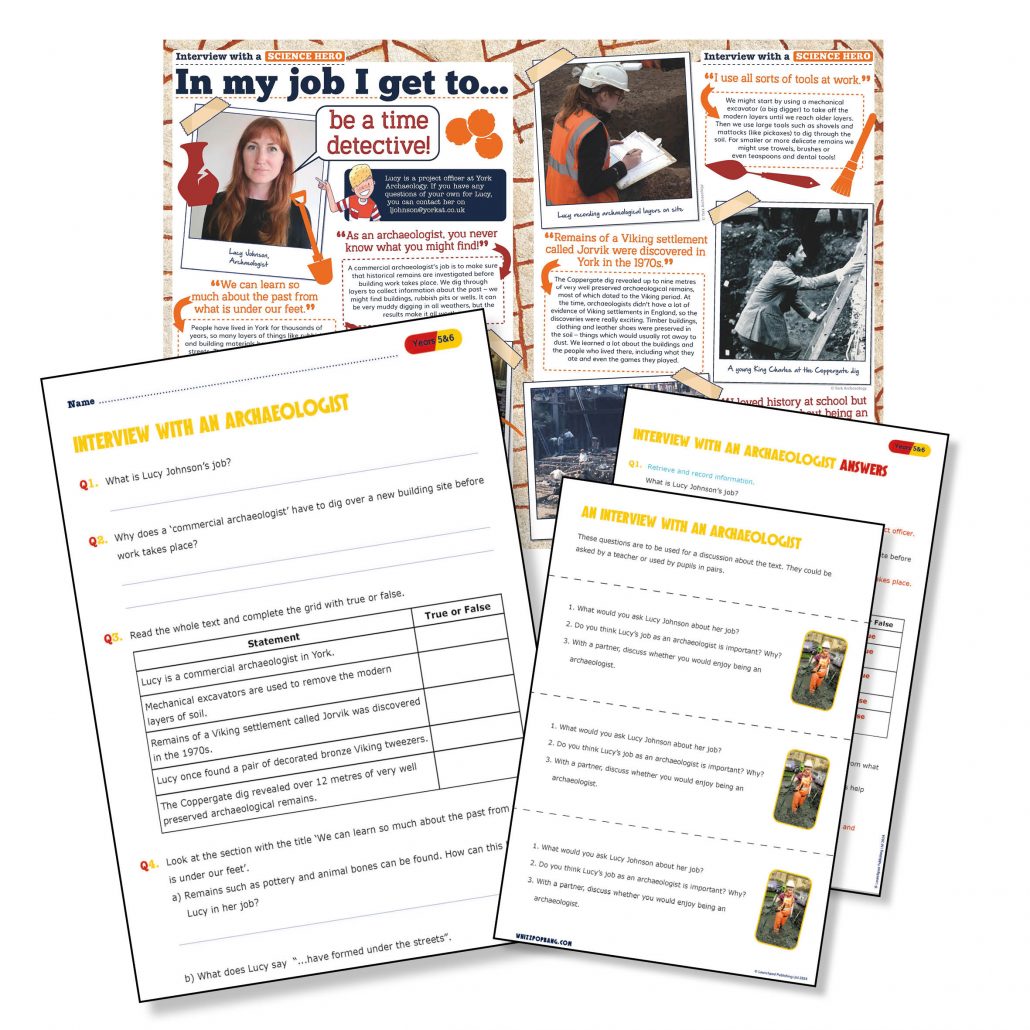
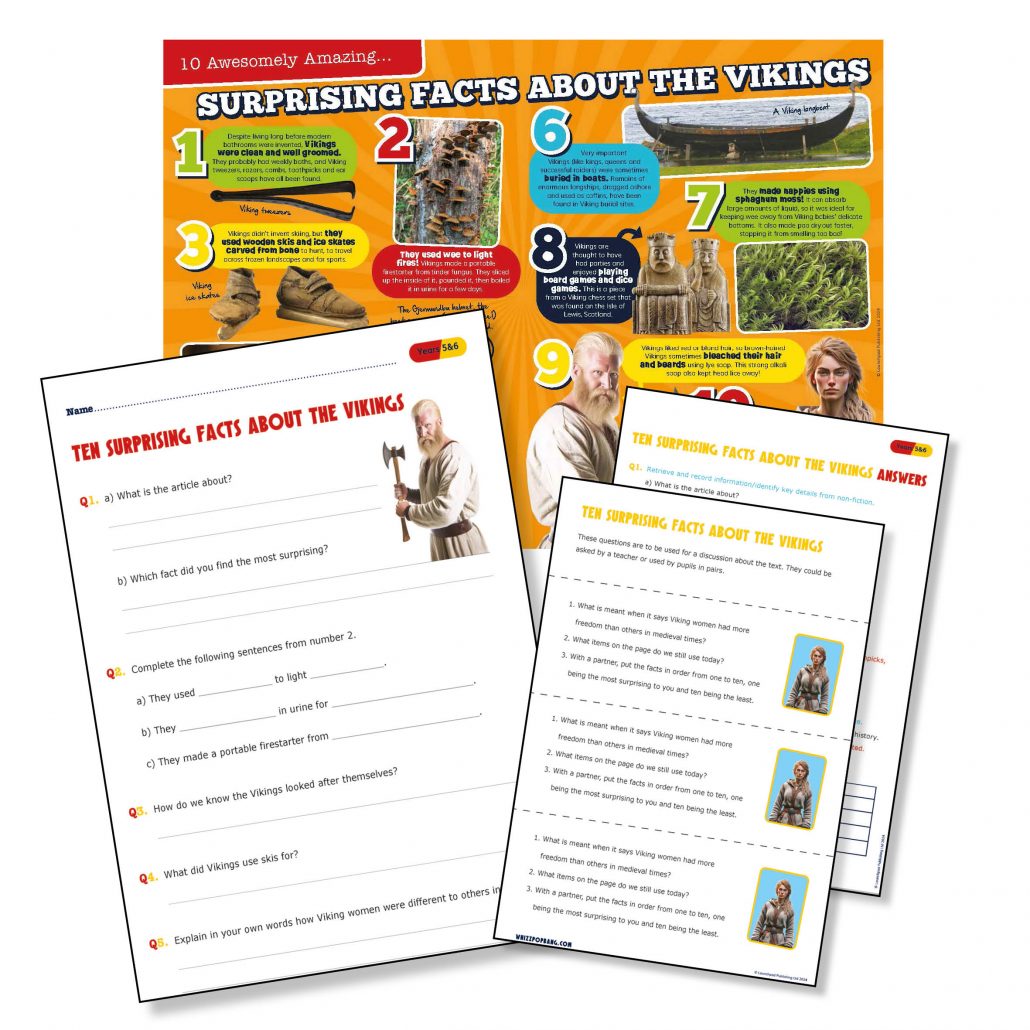
Whizz Pop Bang magazine and teaching resources are brilliant ways to enhance your school’s science teaching:
- We provide downloadable science lesson plans, PowerPoint presentations, hands-on investigations and science reading comprehensions written by primary school teachers.
- Whizz Pop Bang teaching resources link to the National Curriculum, ensuring correct coverage.
- All of our resources are year group specific, ensuring progression between the years.
- We make cross-curricular links to other subjects, such as English, Maths, History, Geography, Art, Design and Technology and PSHE.
Prices from as little as £254.99 per year for a copy of Whizz Pop Bang magazine through the post each month and whole-school access to our ever-growing library of downloadable teaching resources, with unlimited teacher logins.
We’ve also launched a new individual membership option so teachers and home educators can access all of our amazing downloadable resources for just £20 for the whole year.

